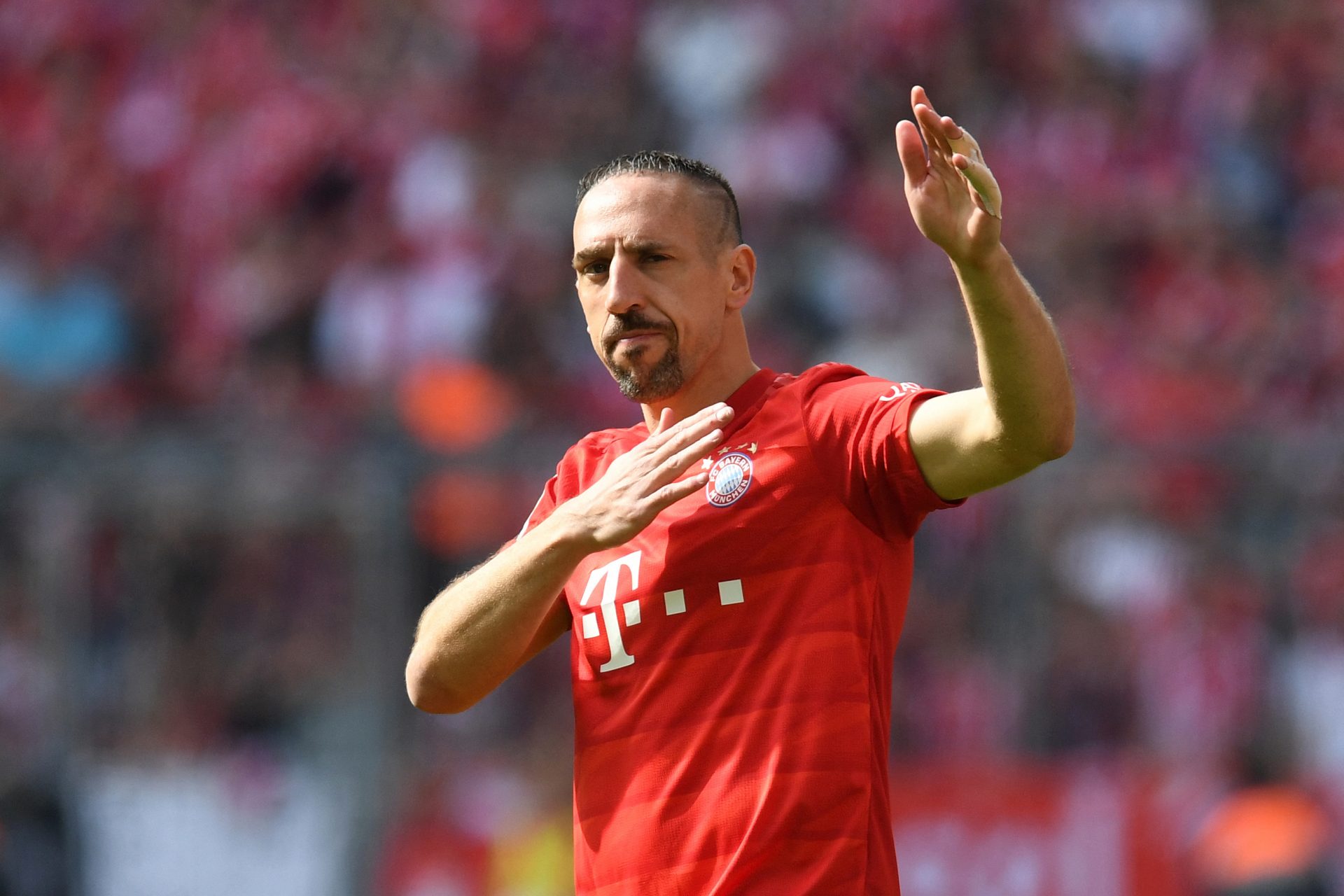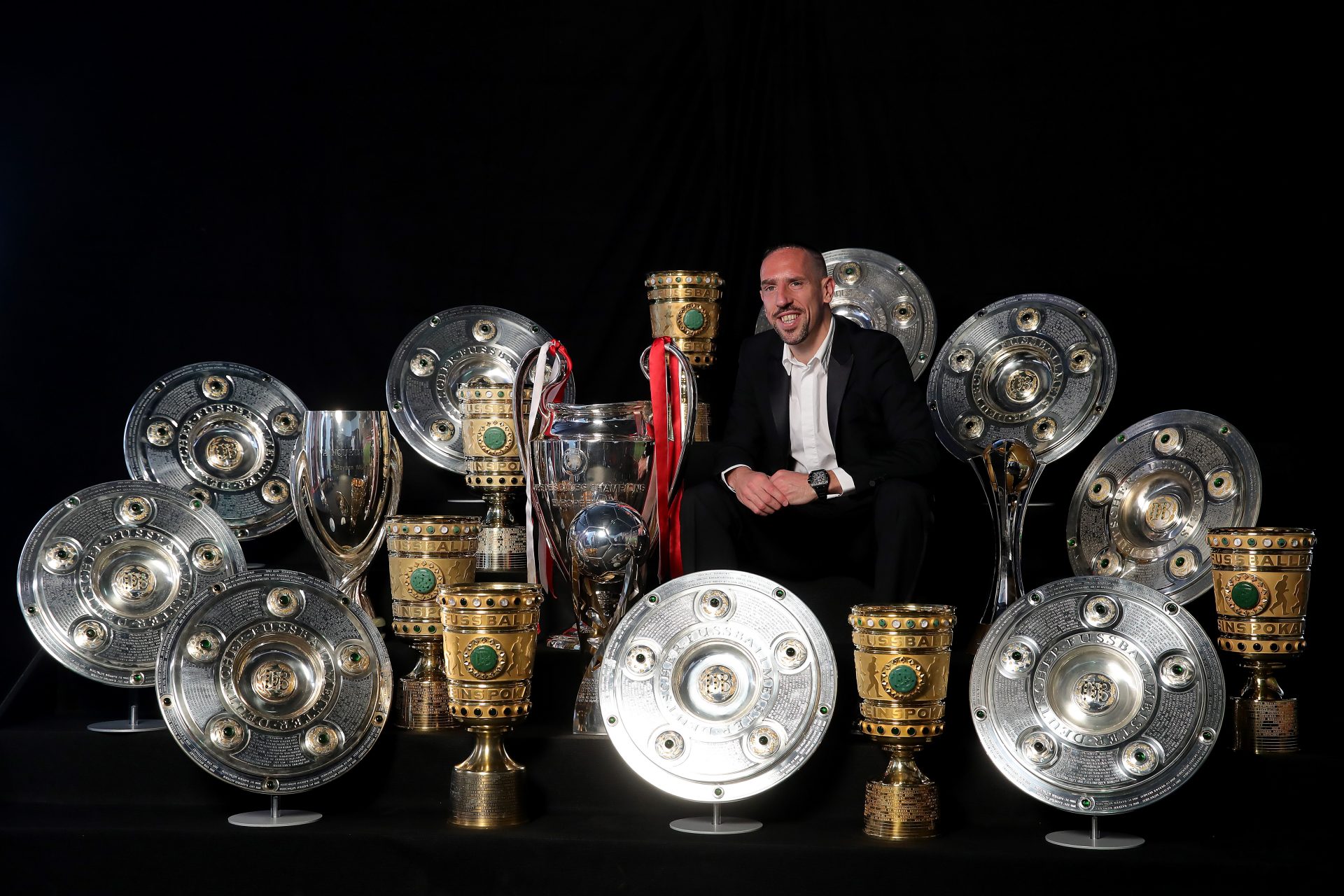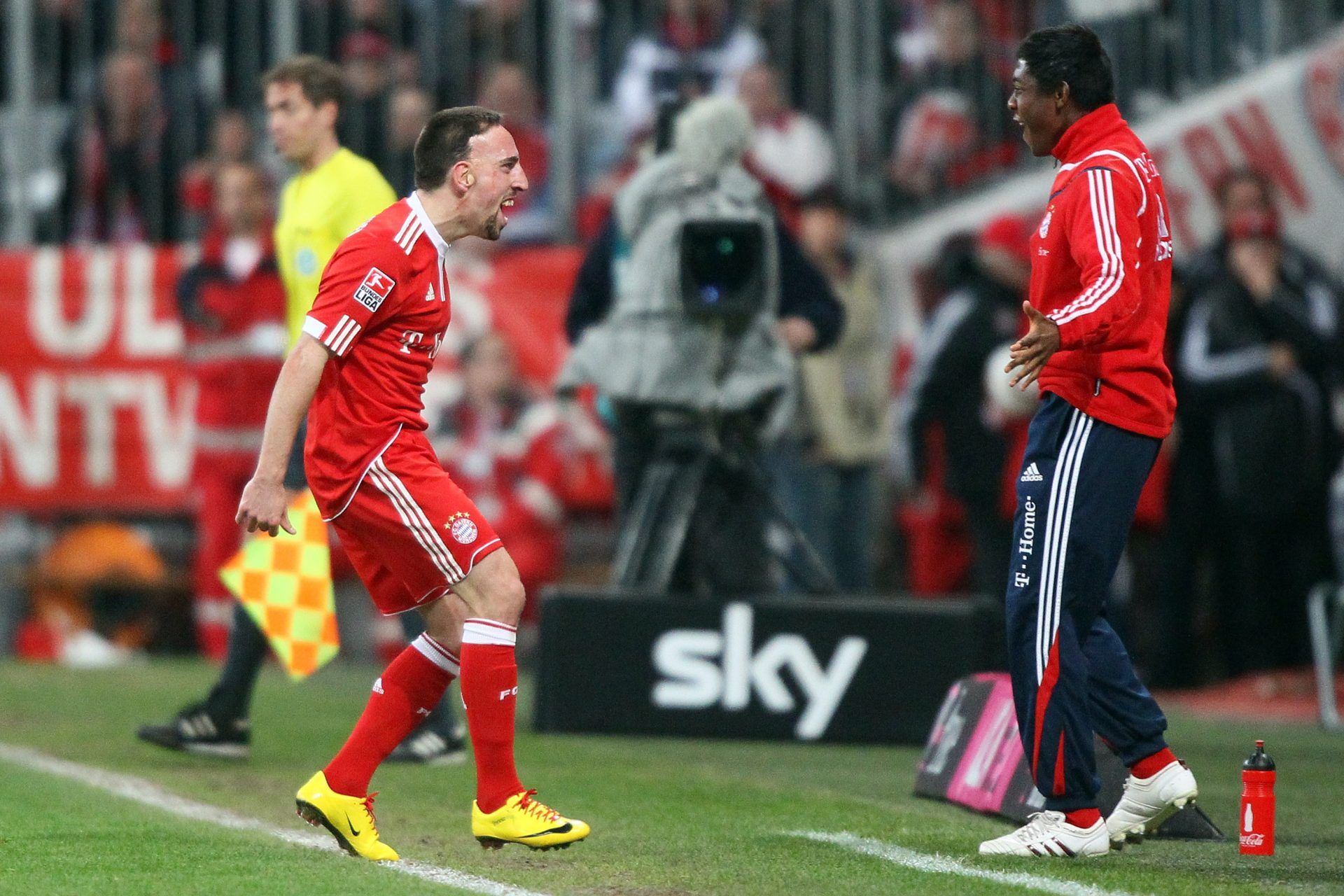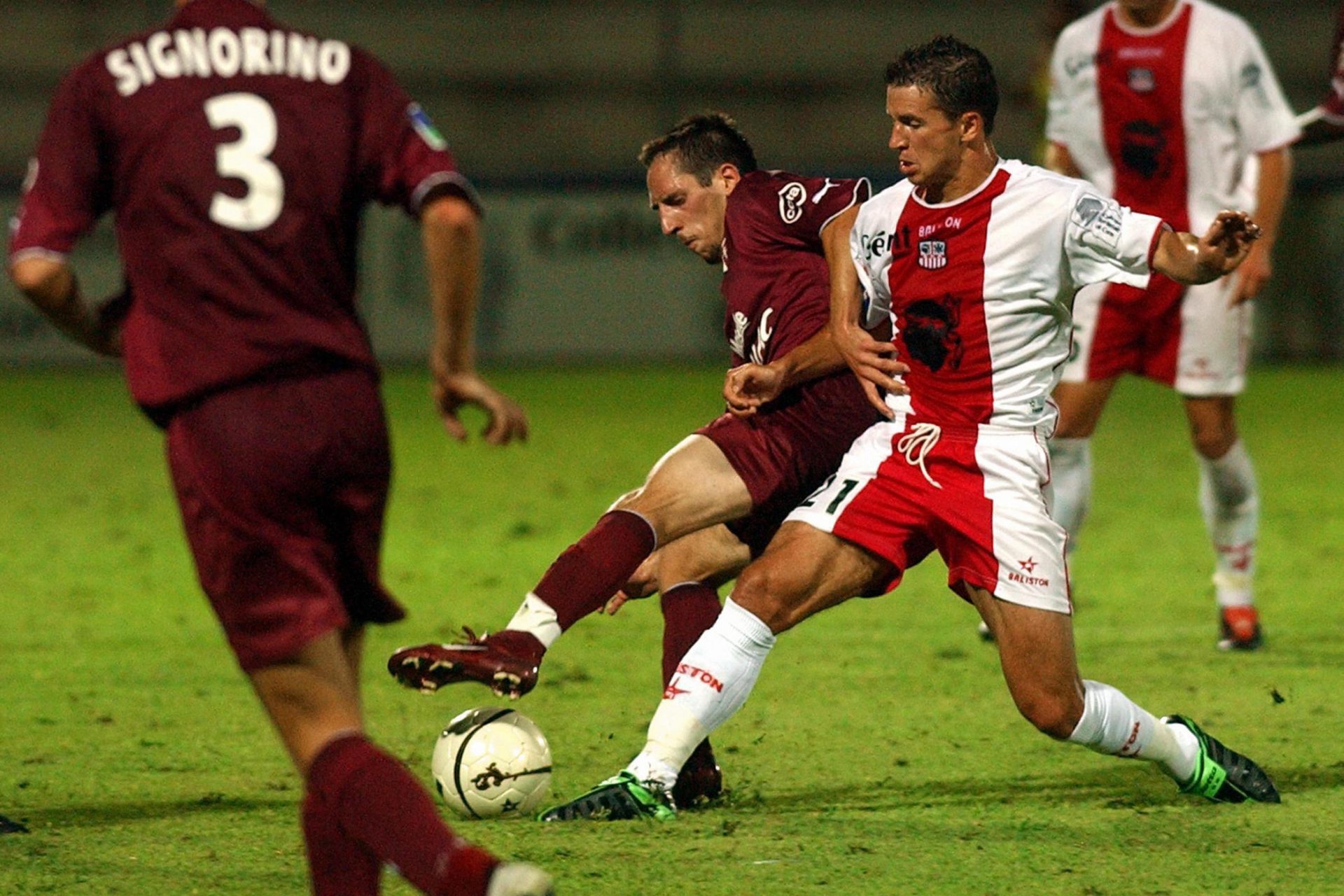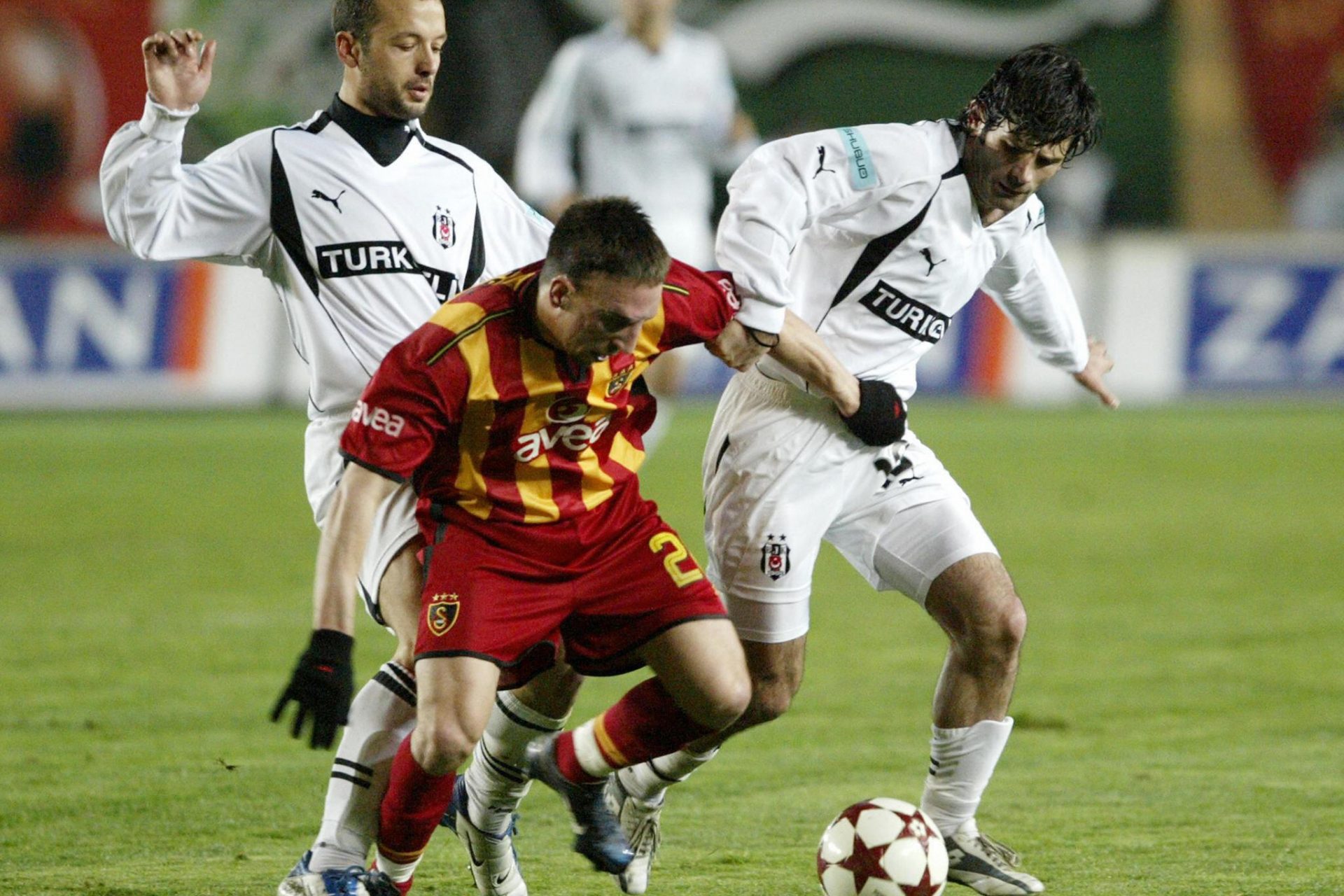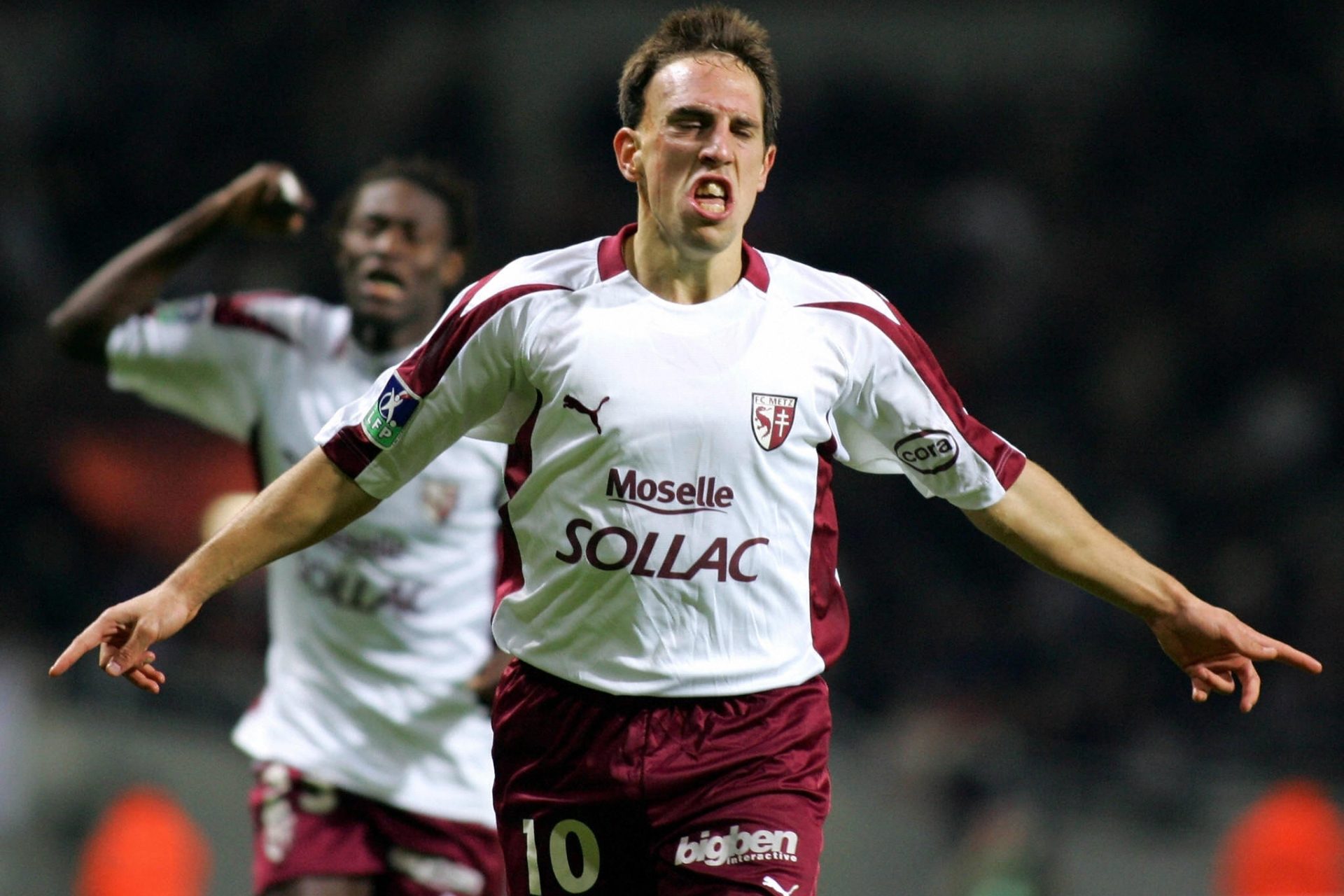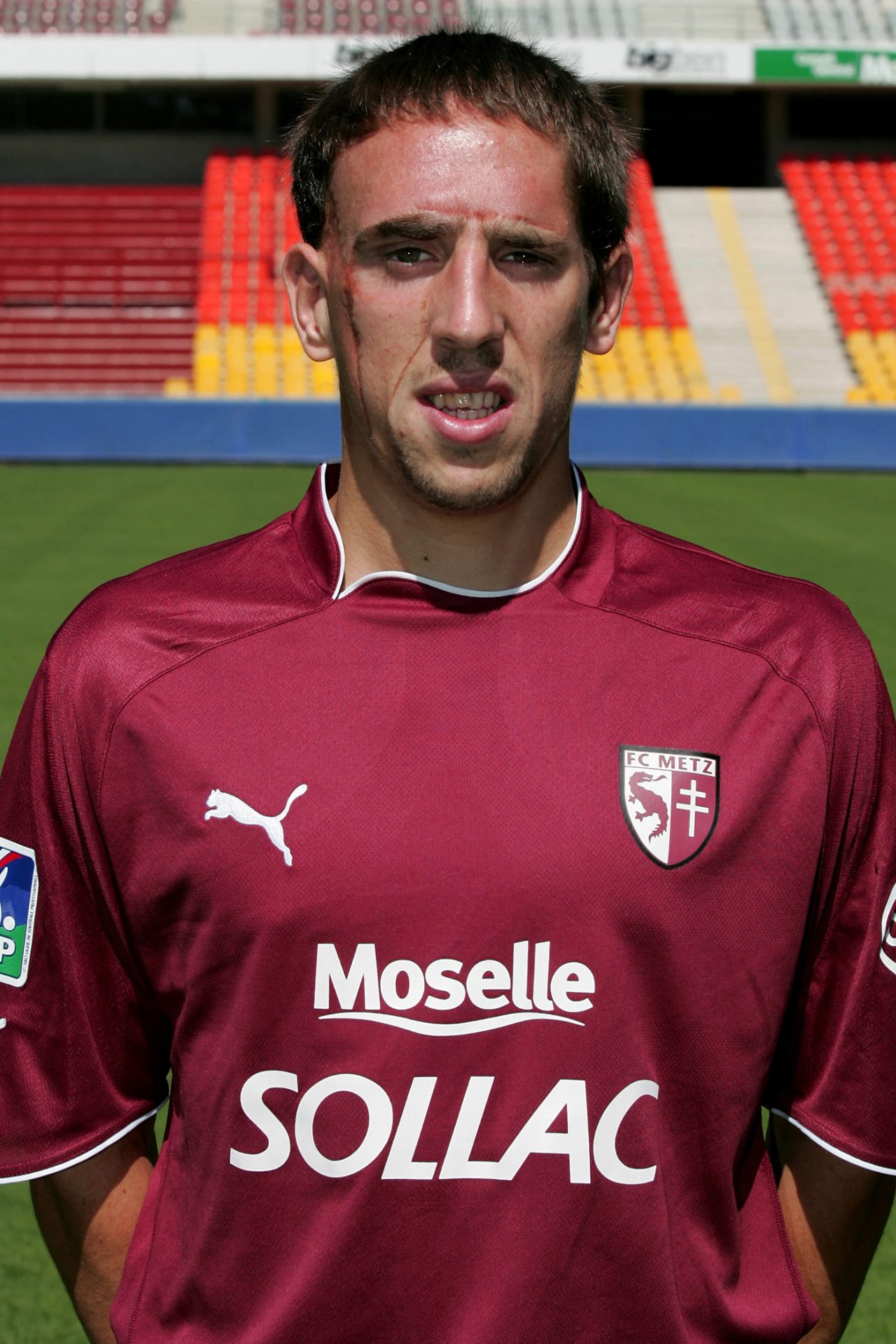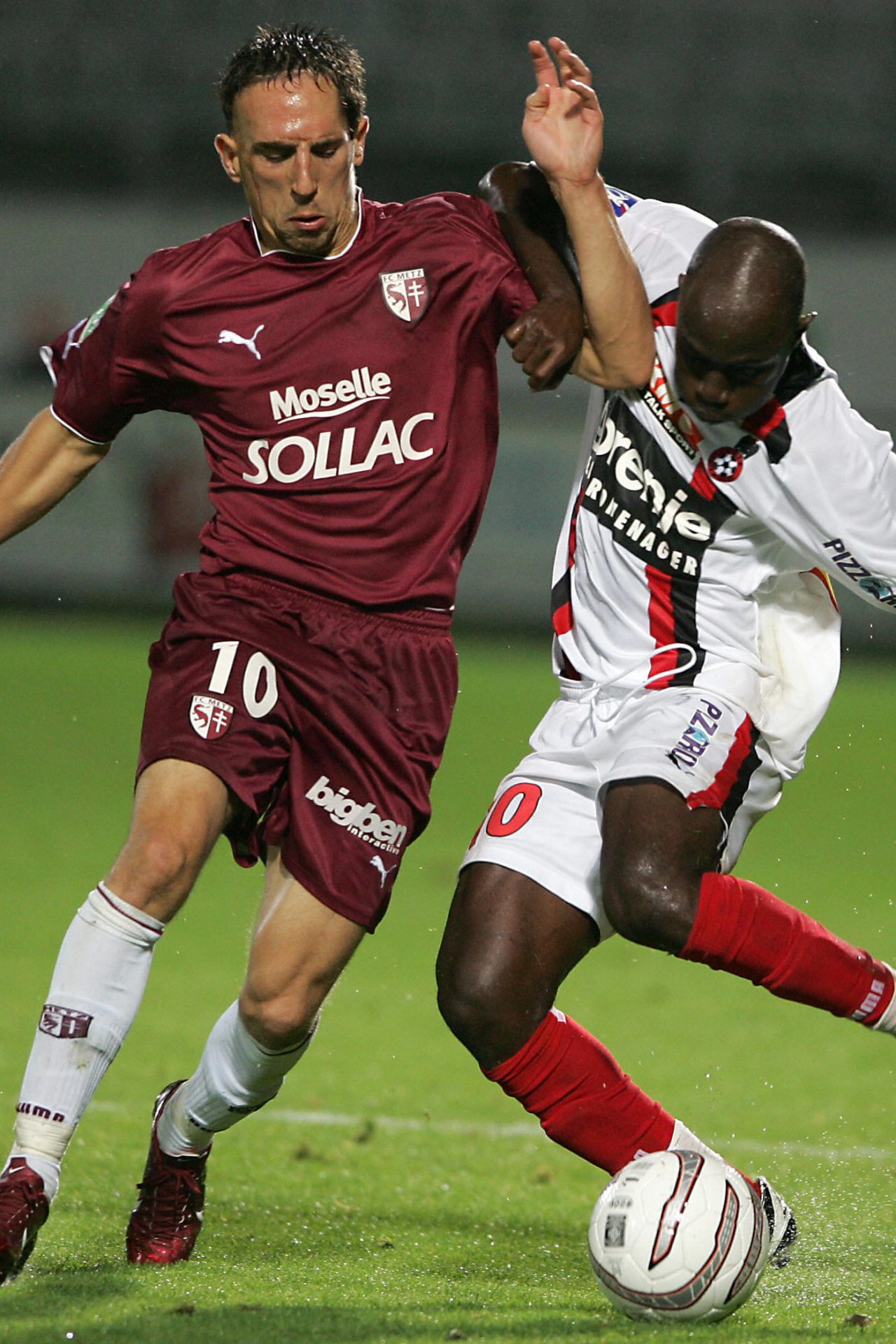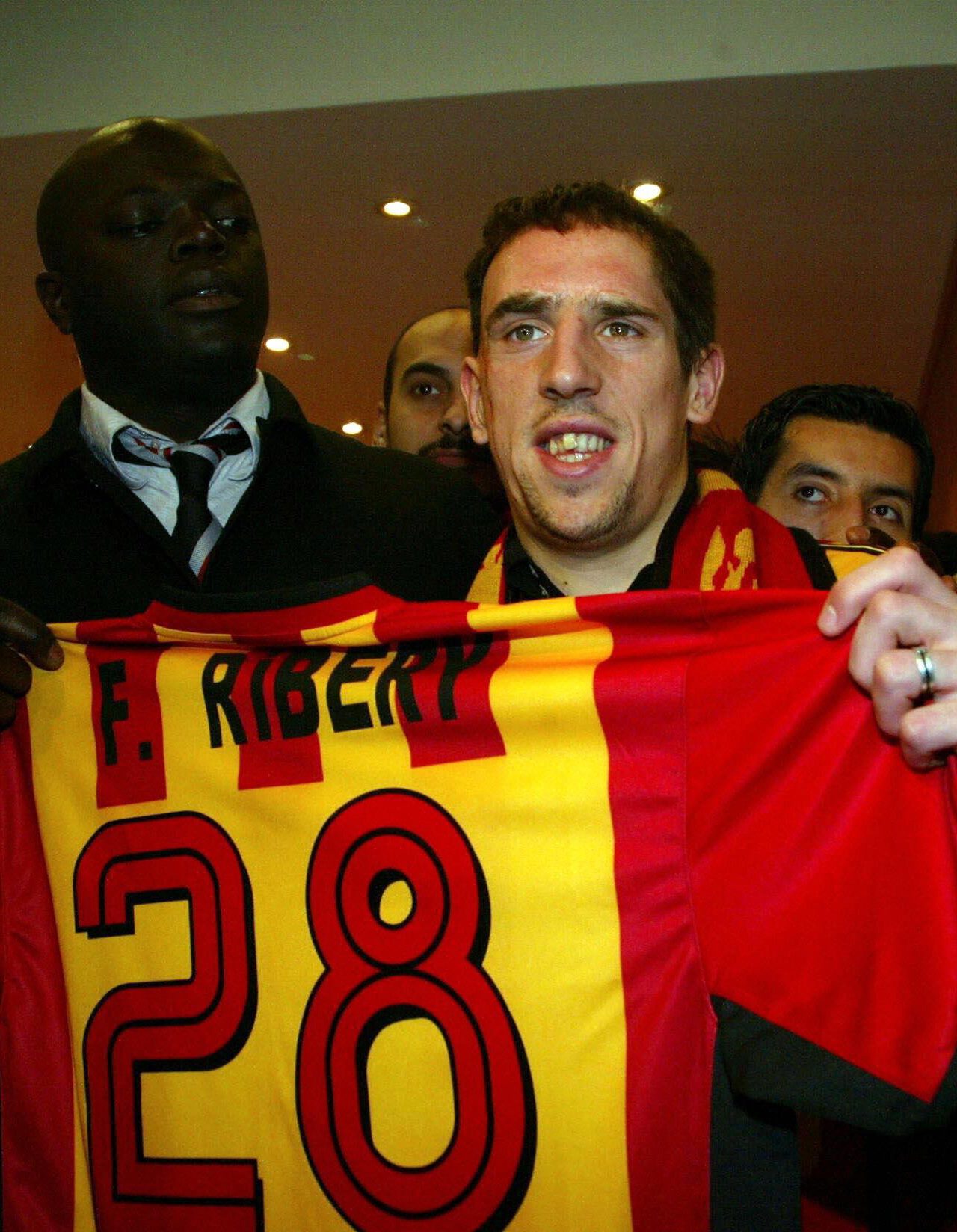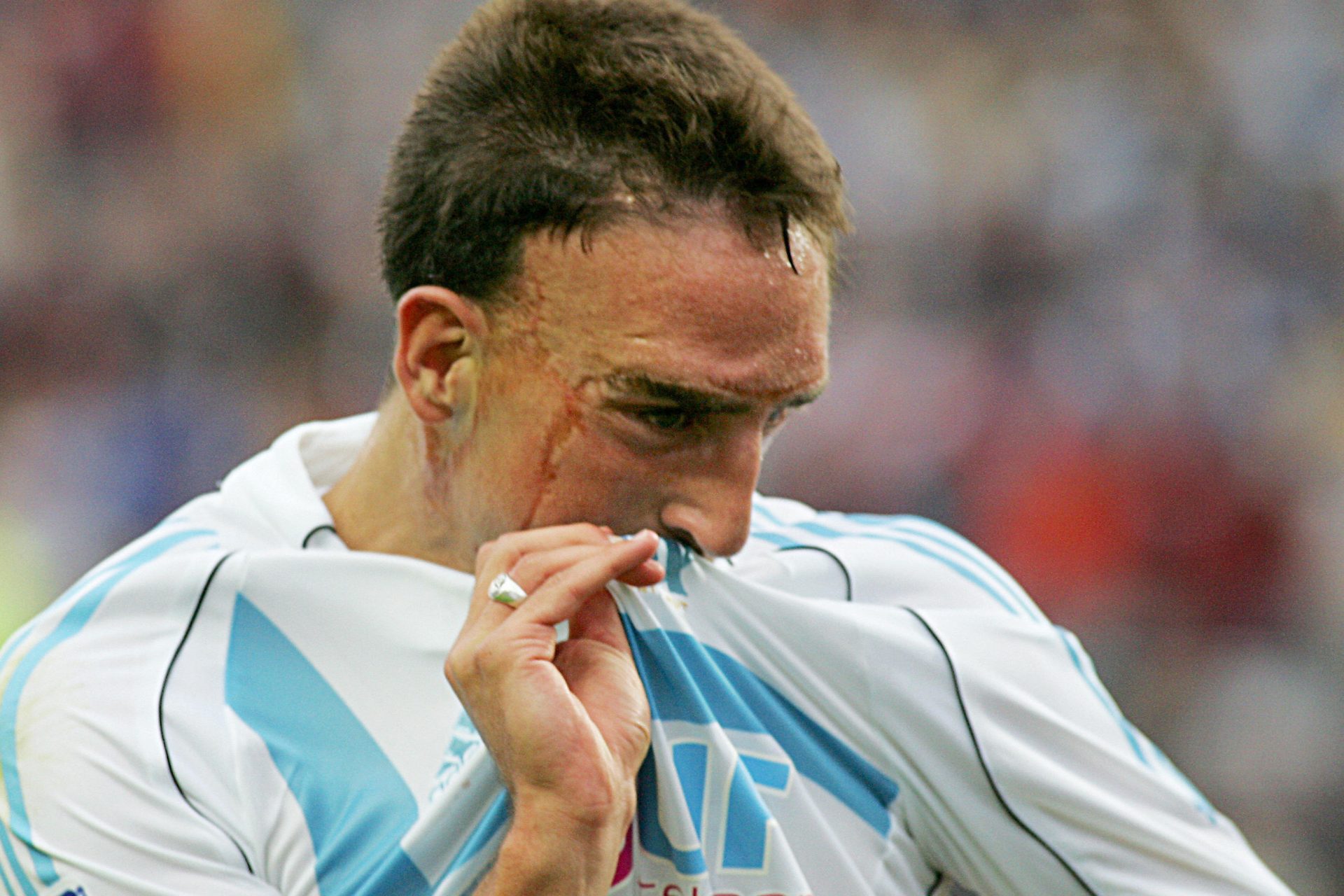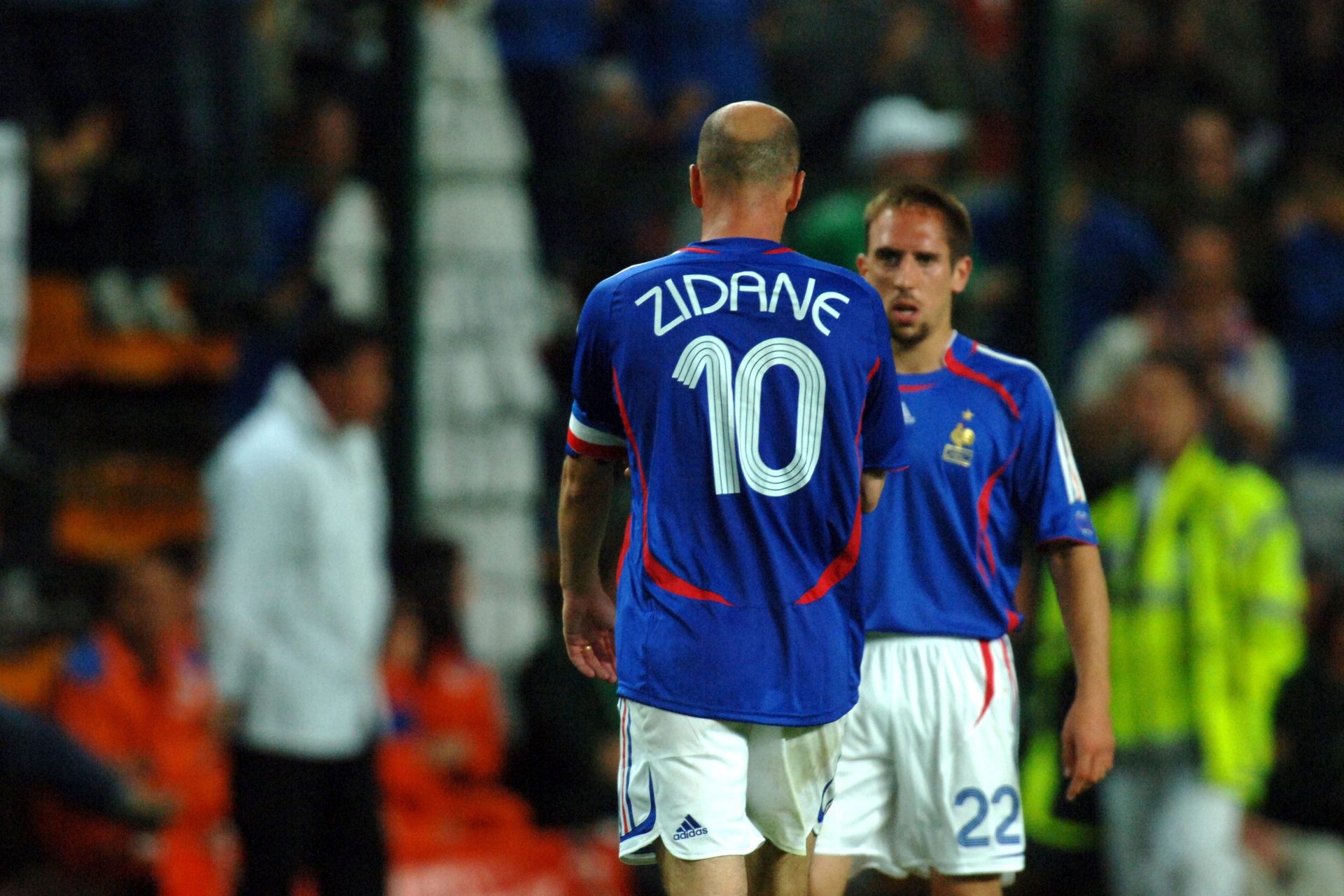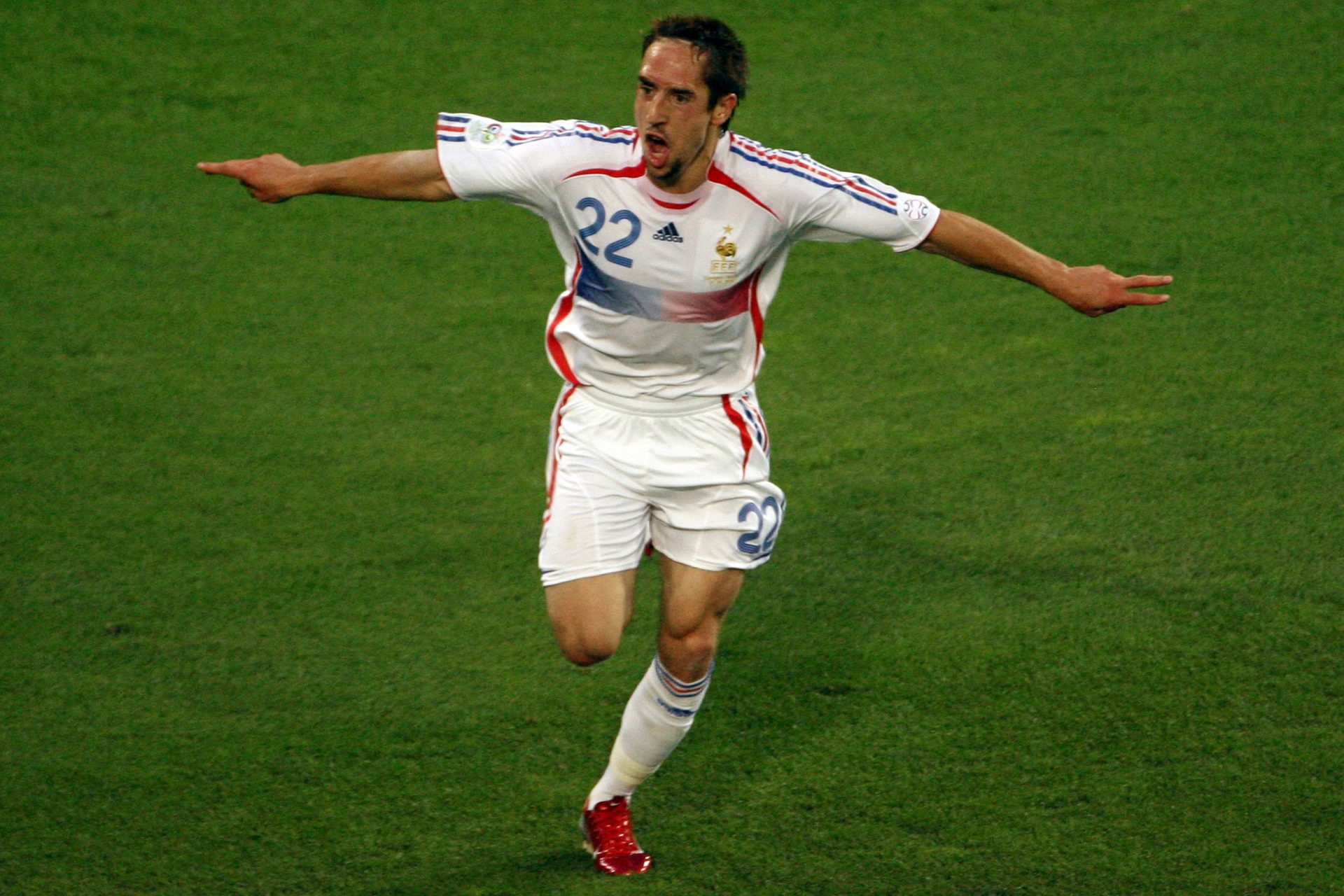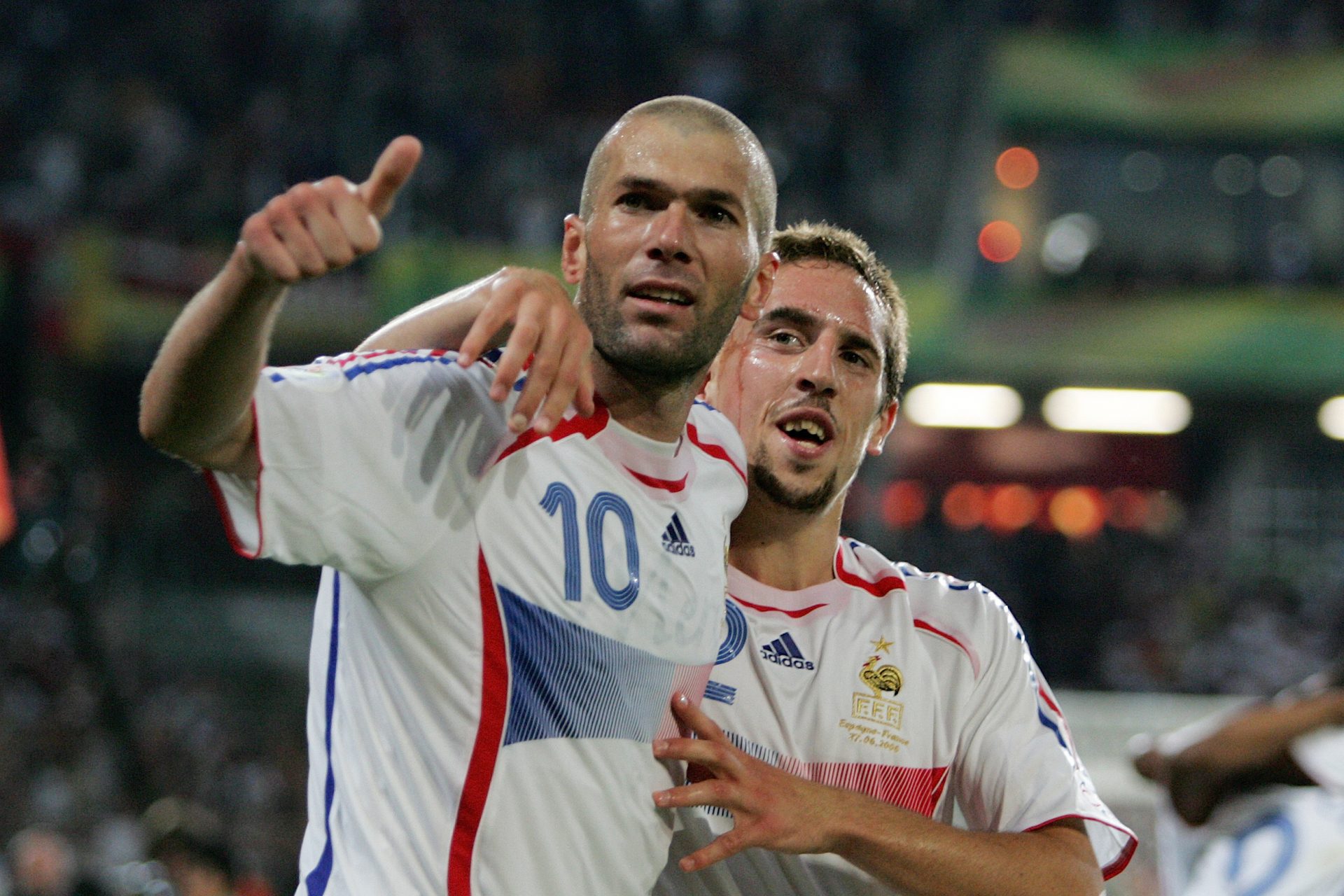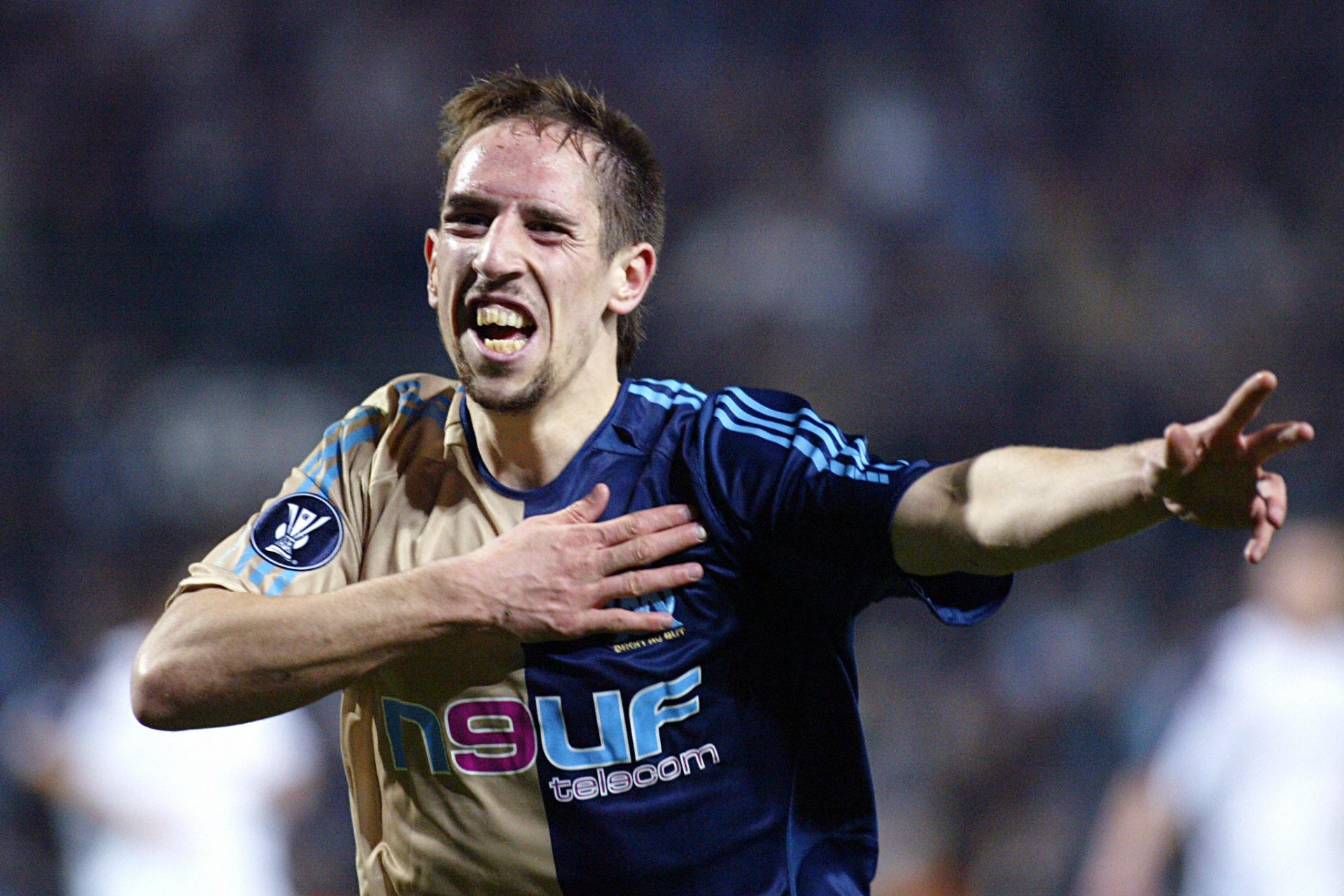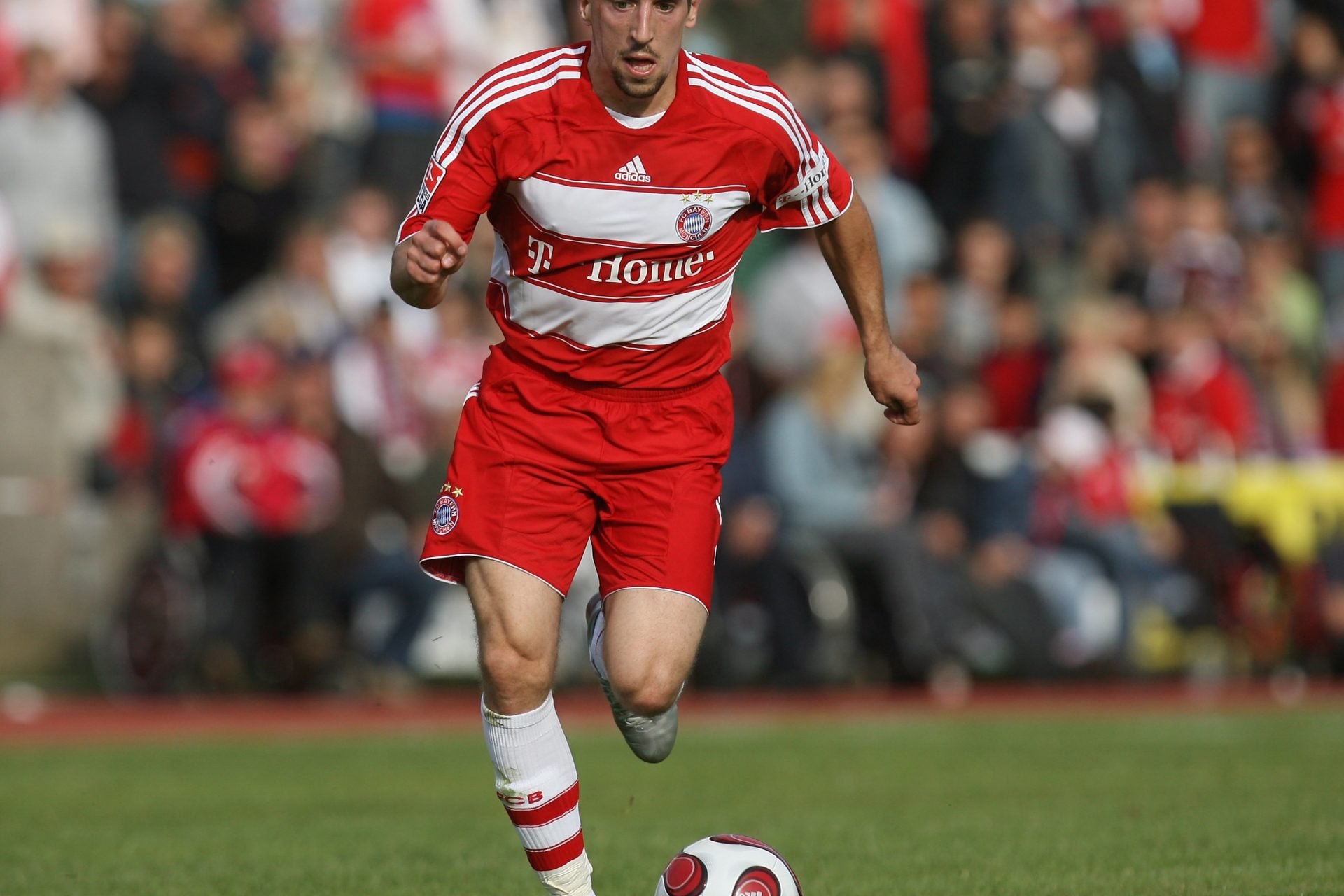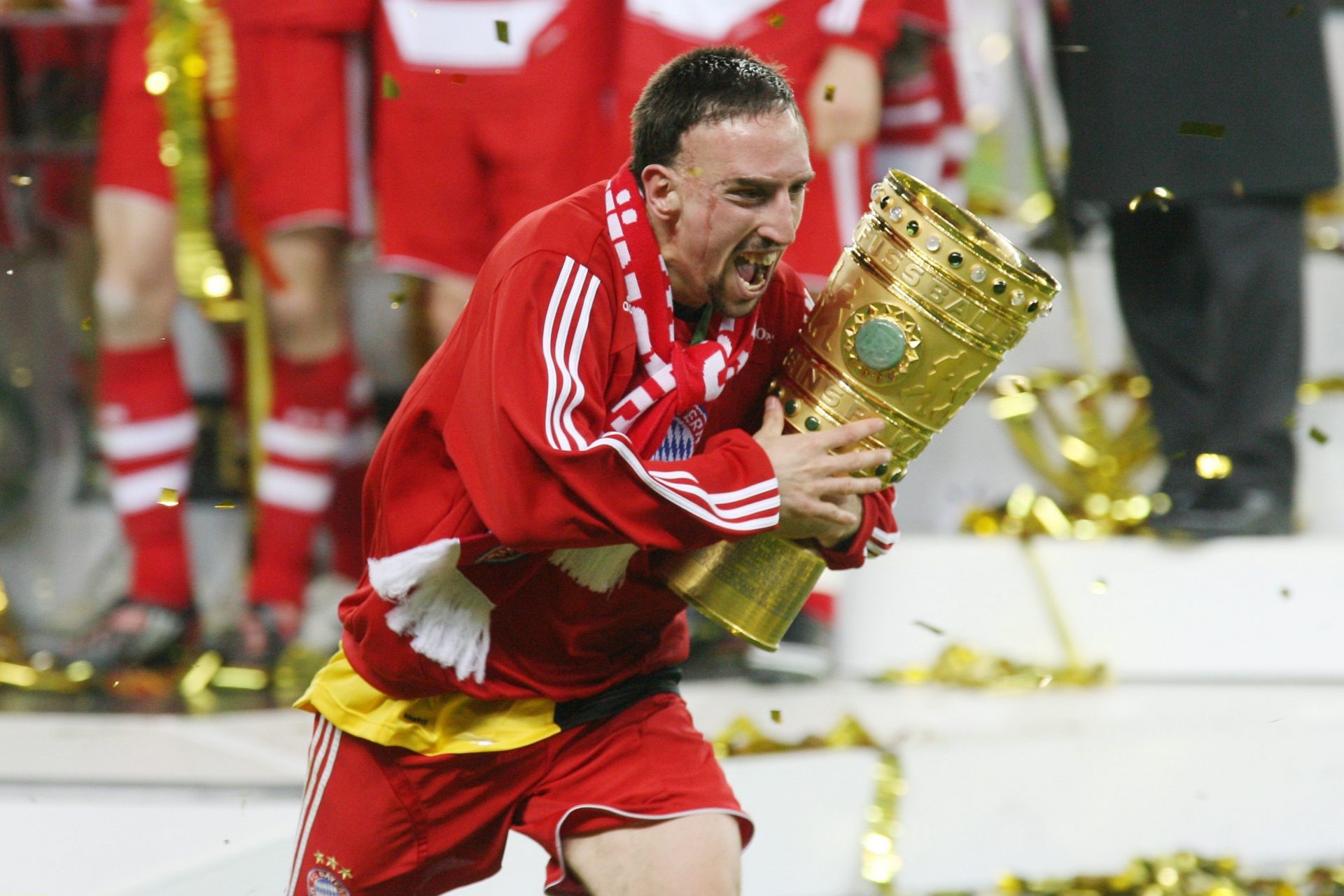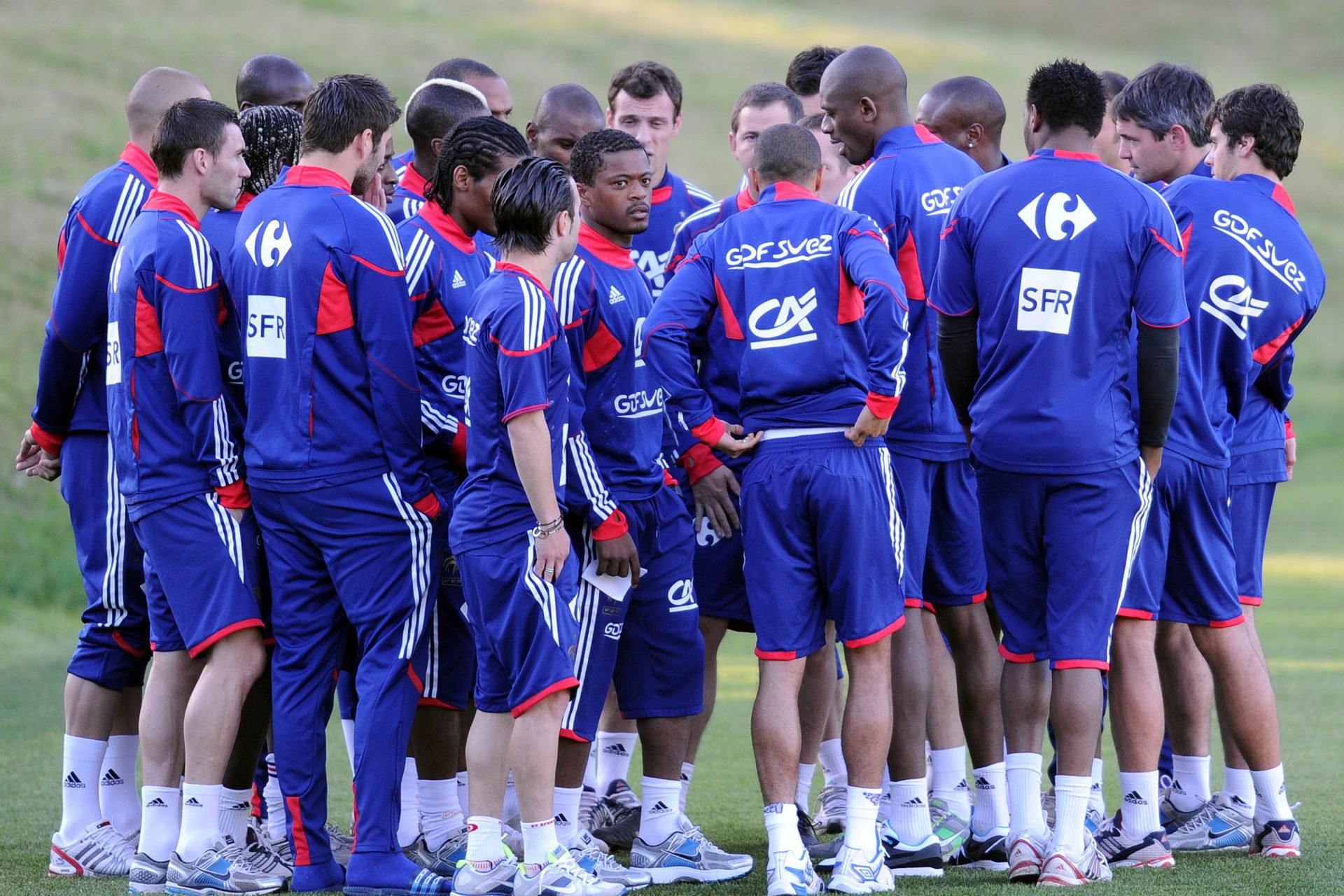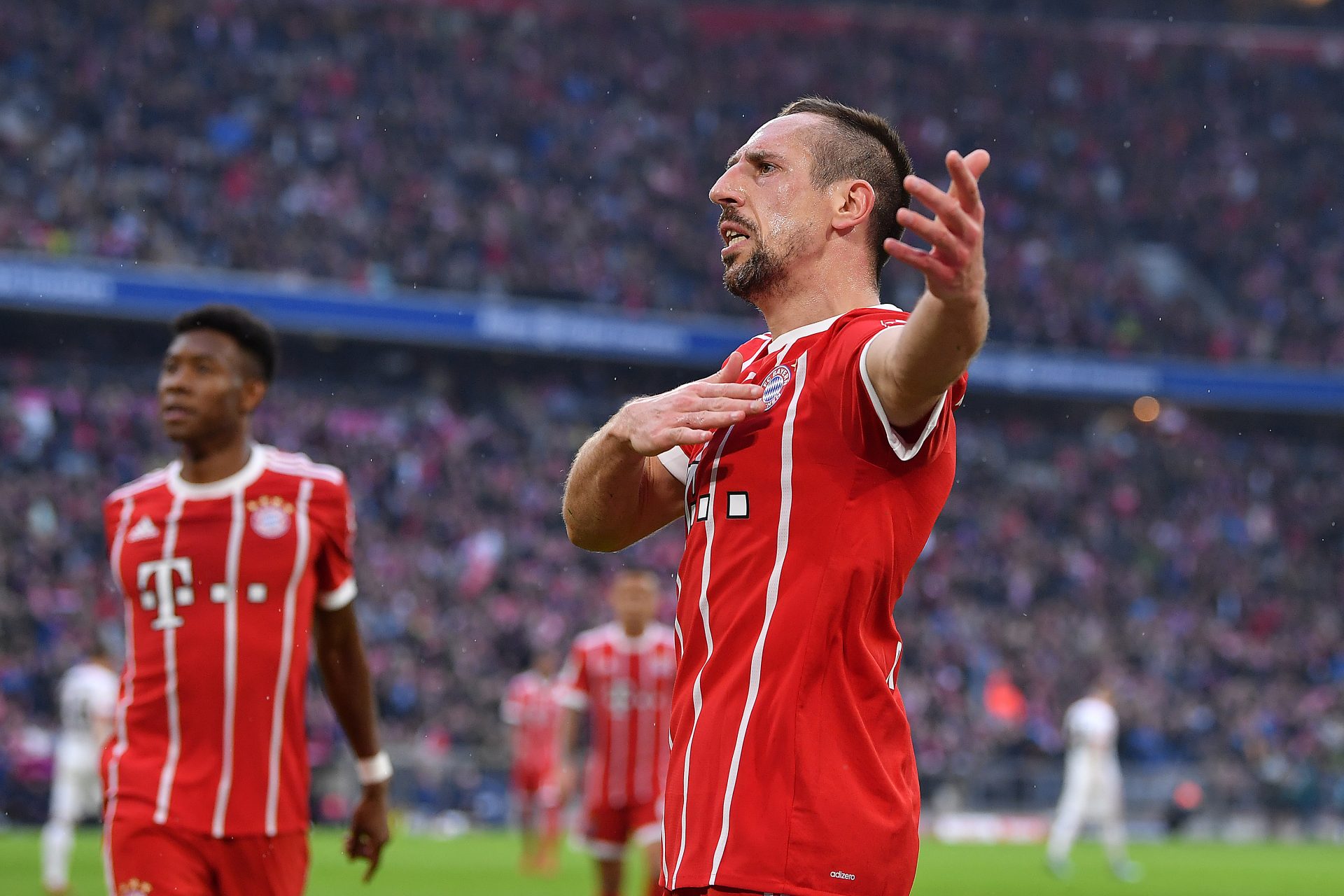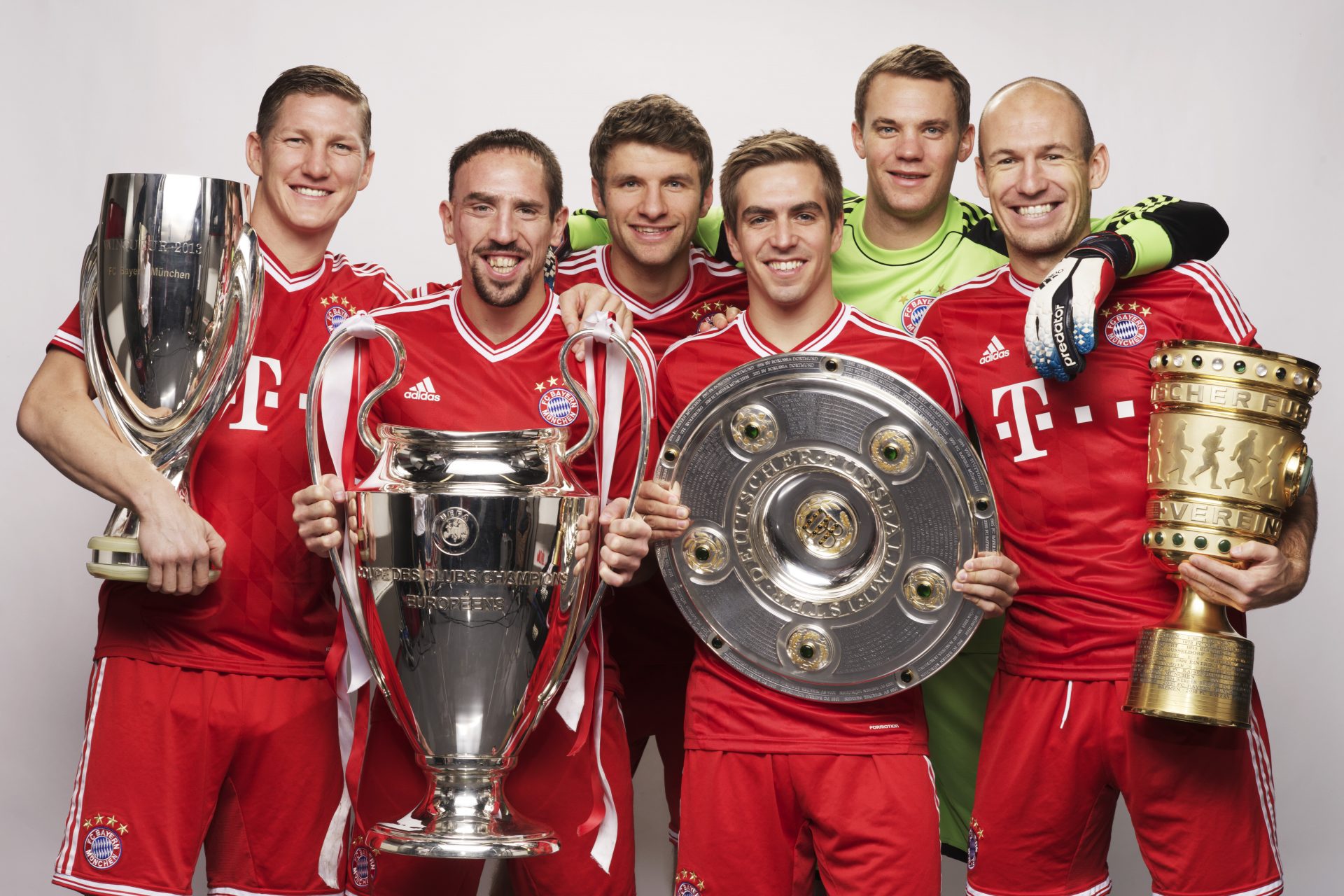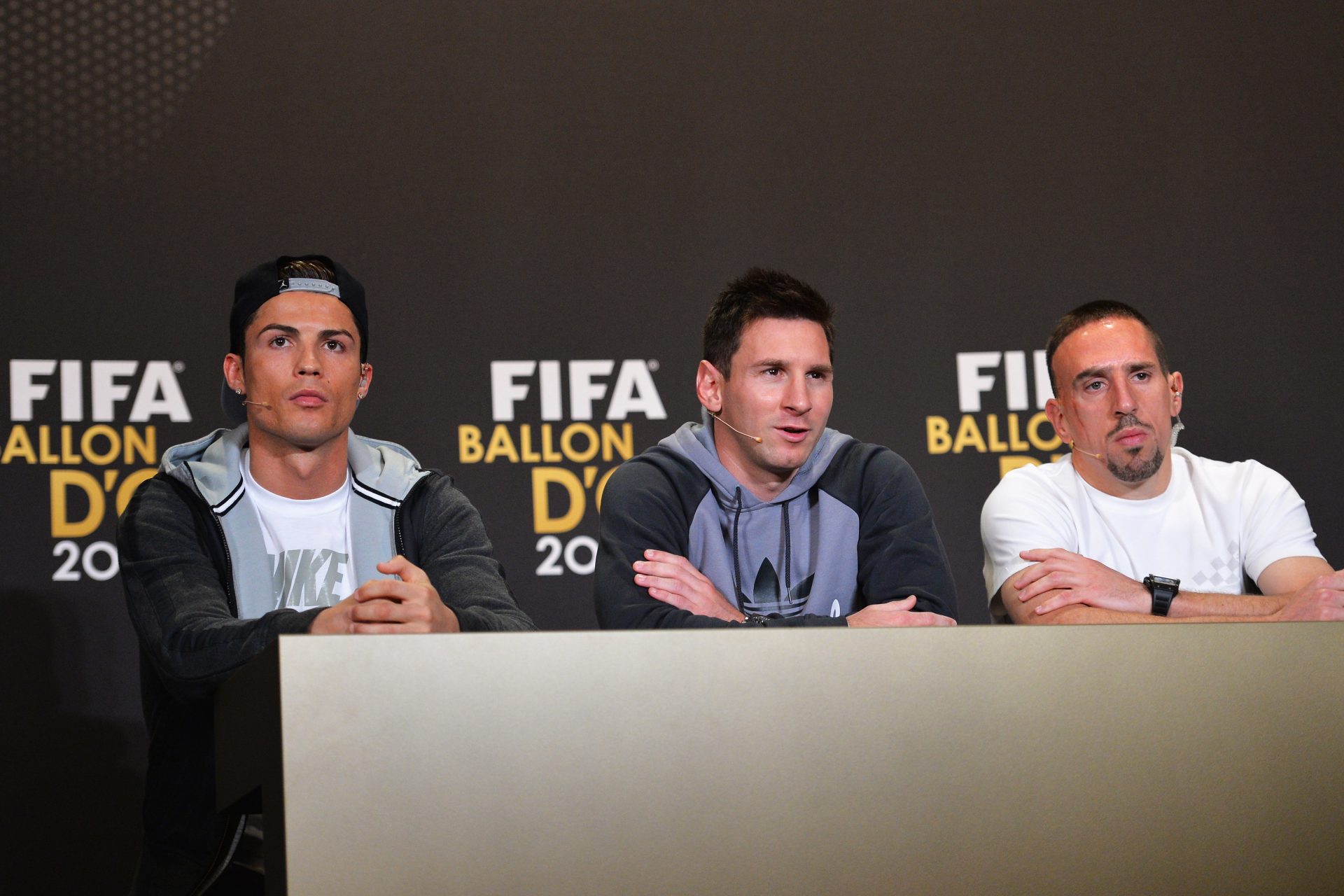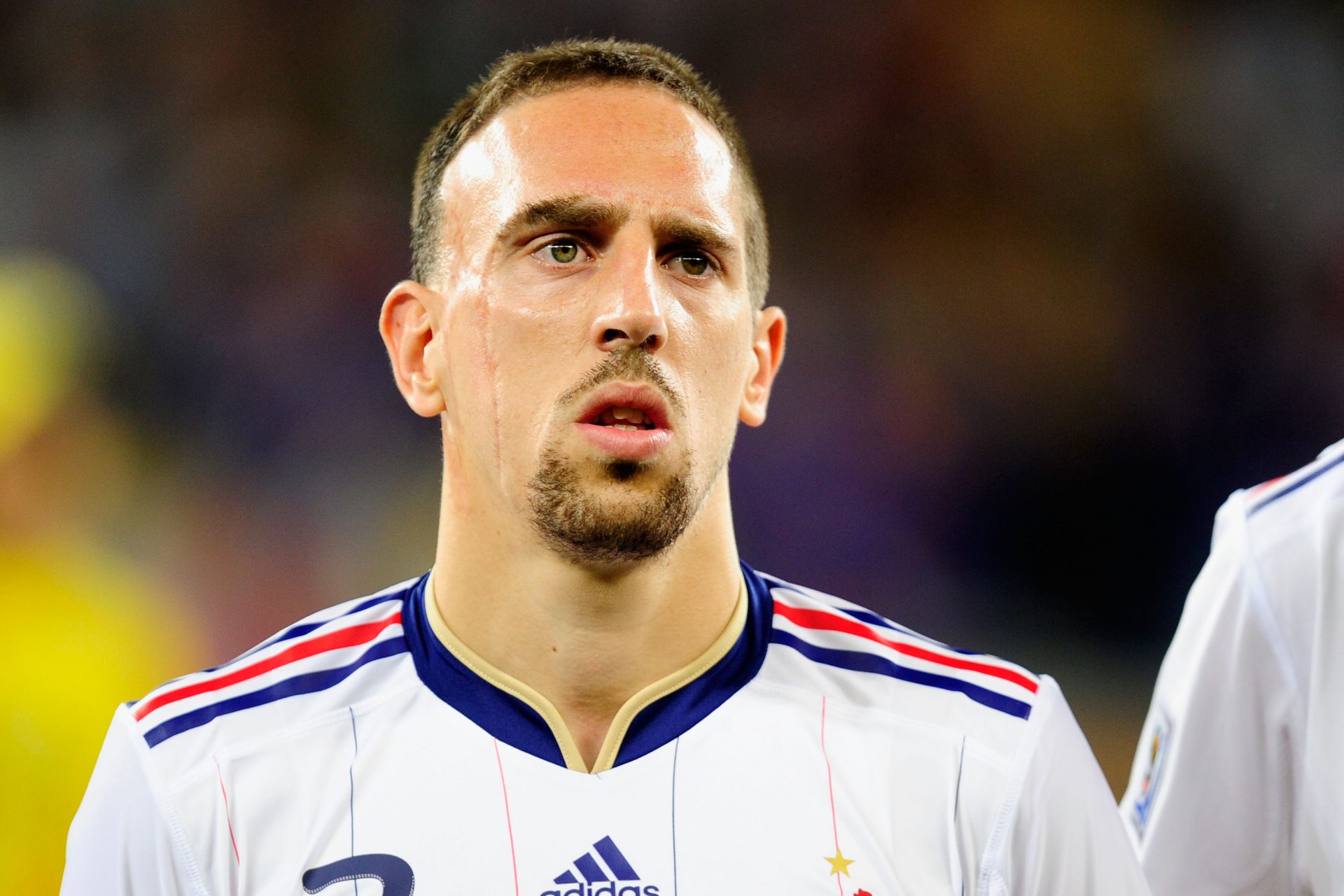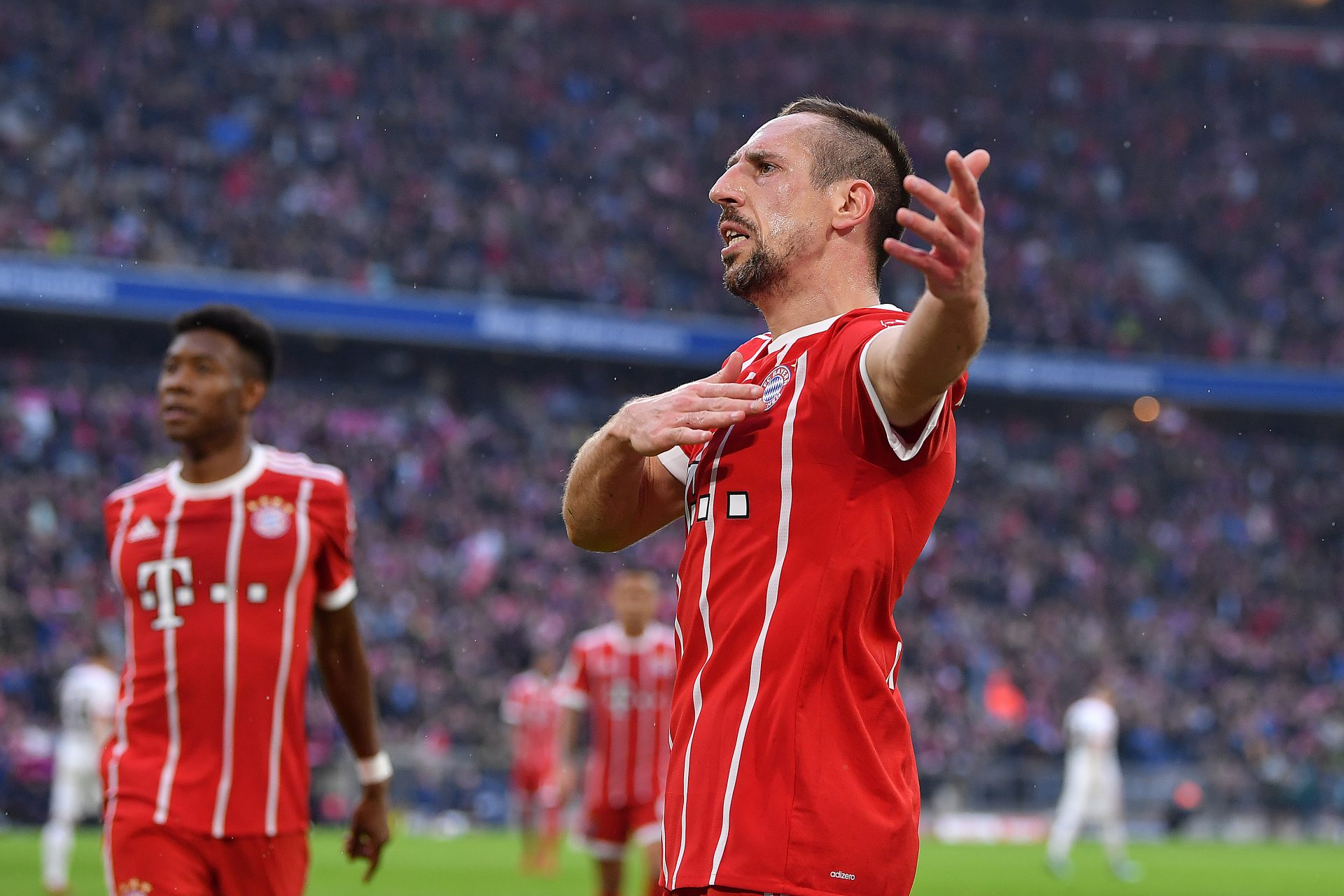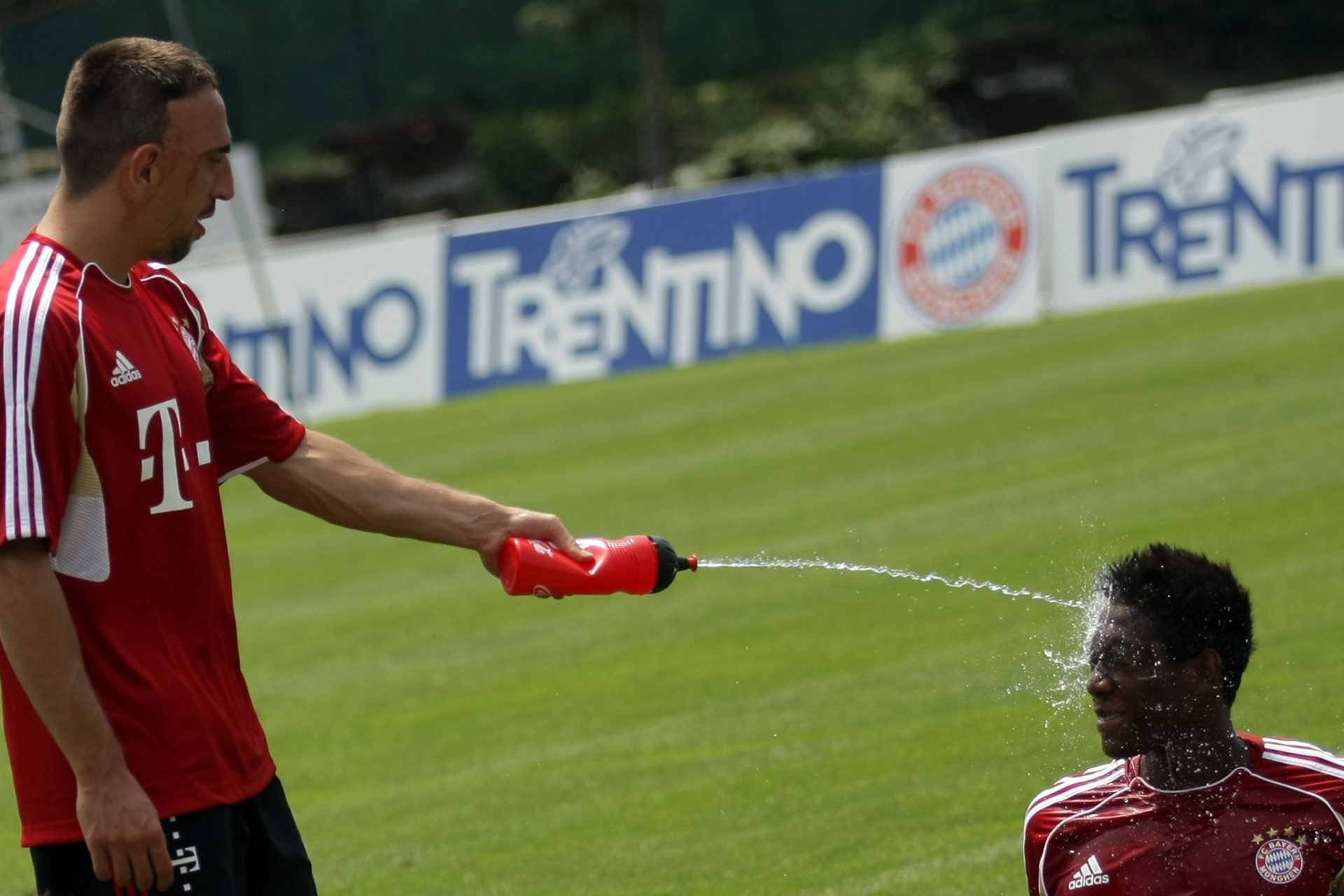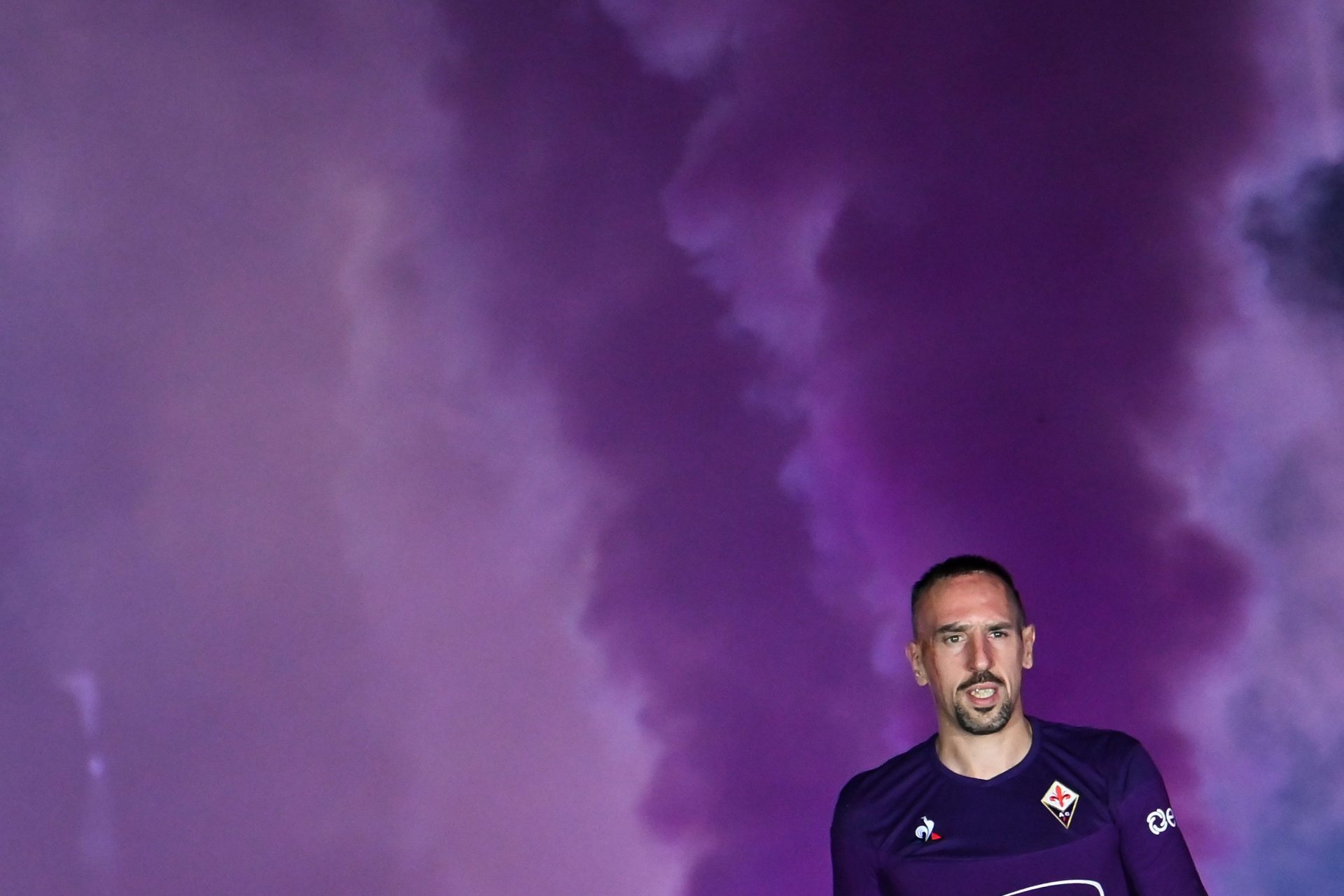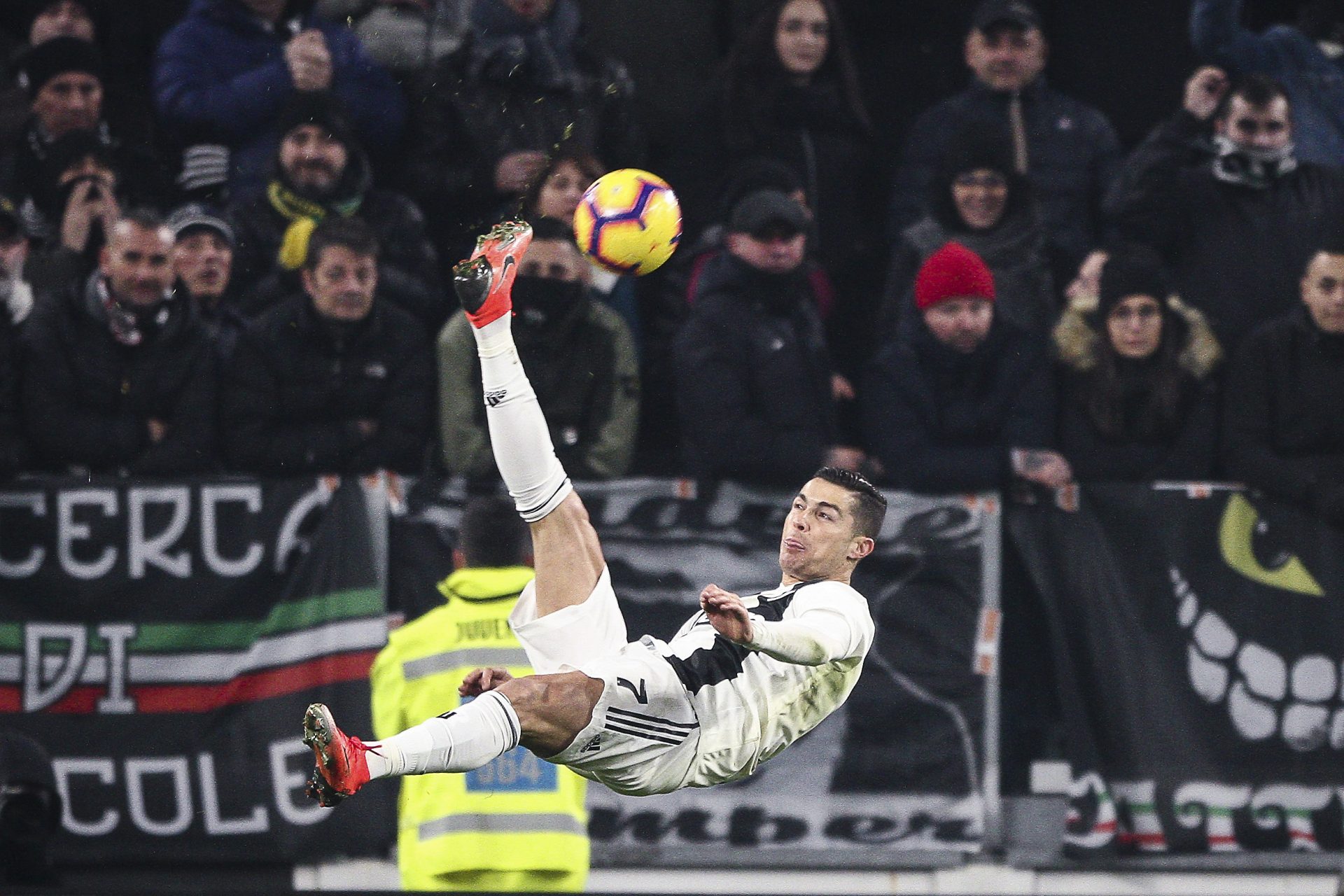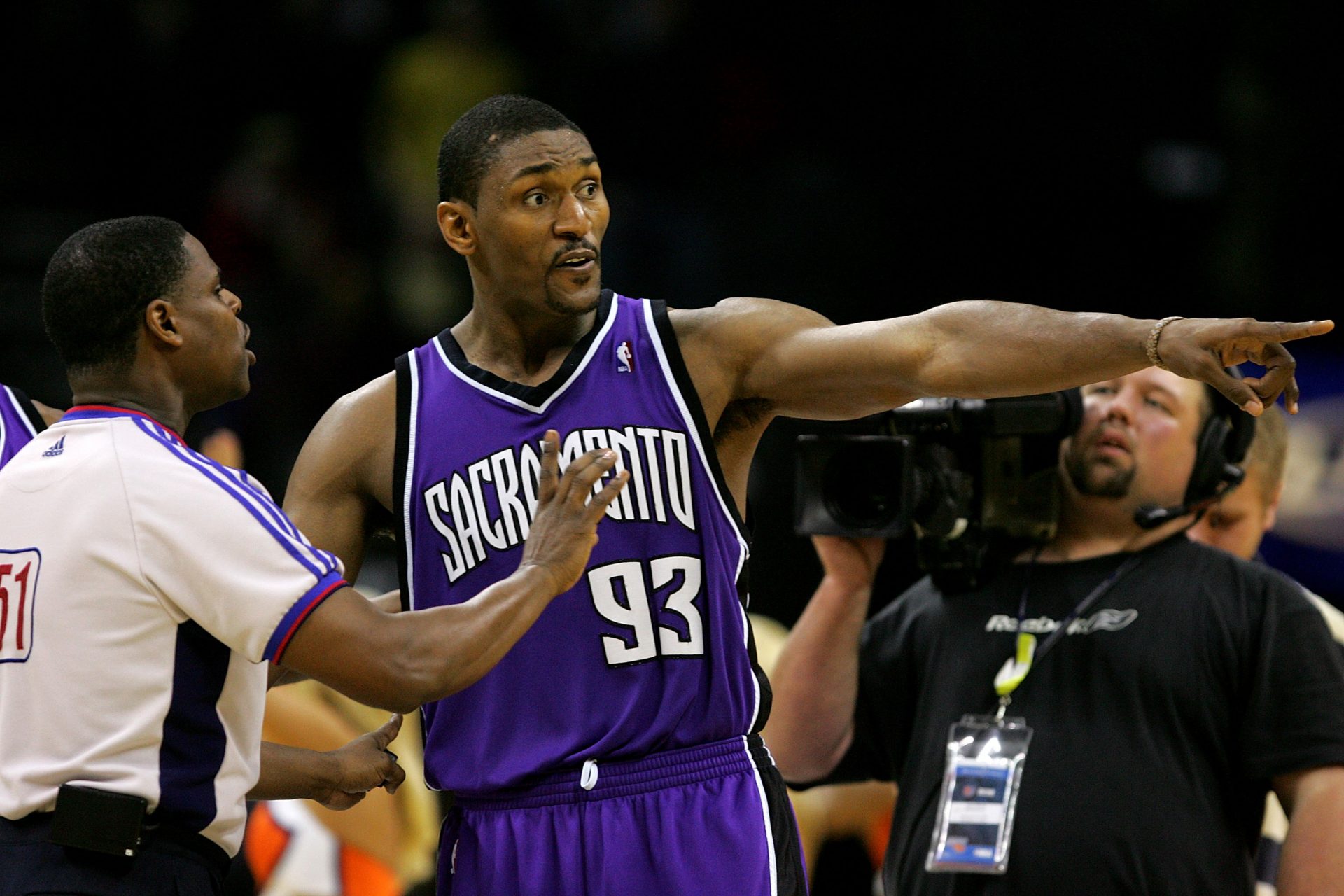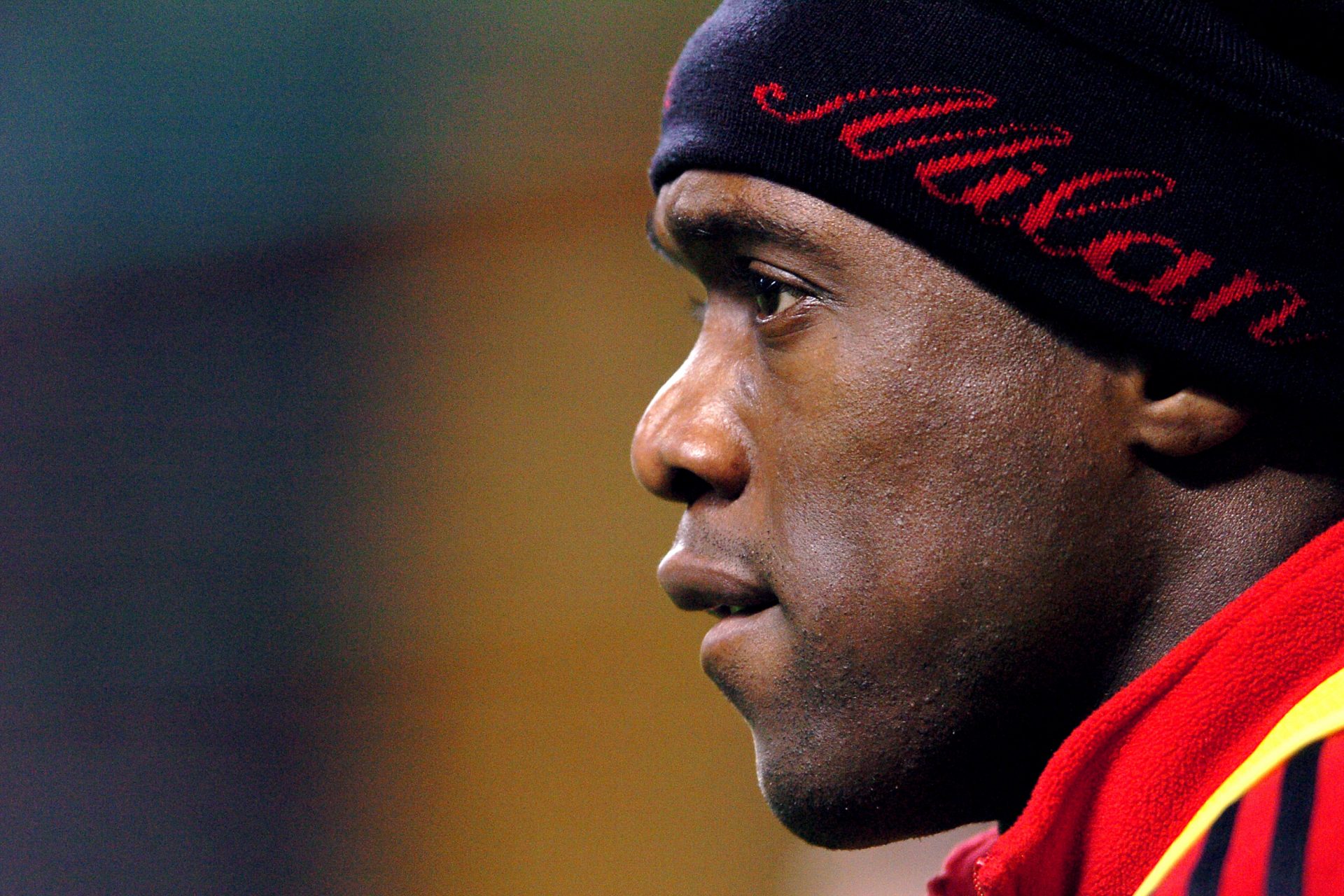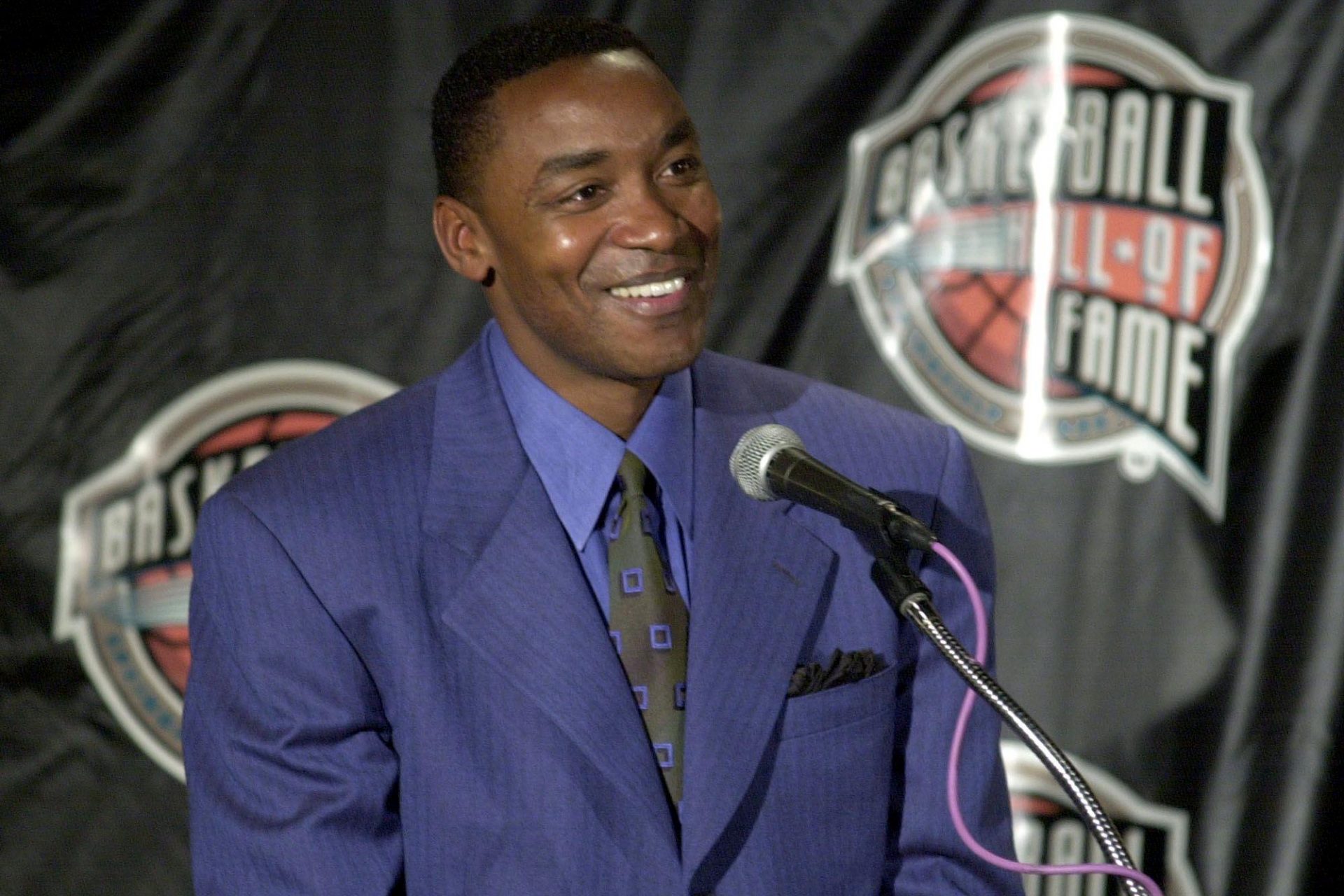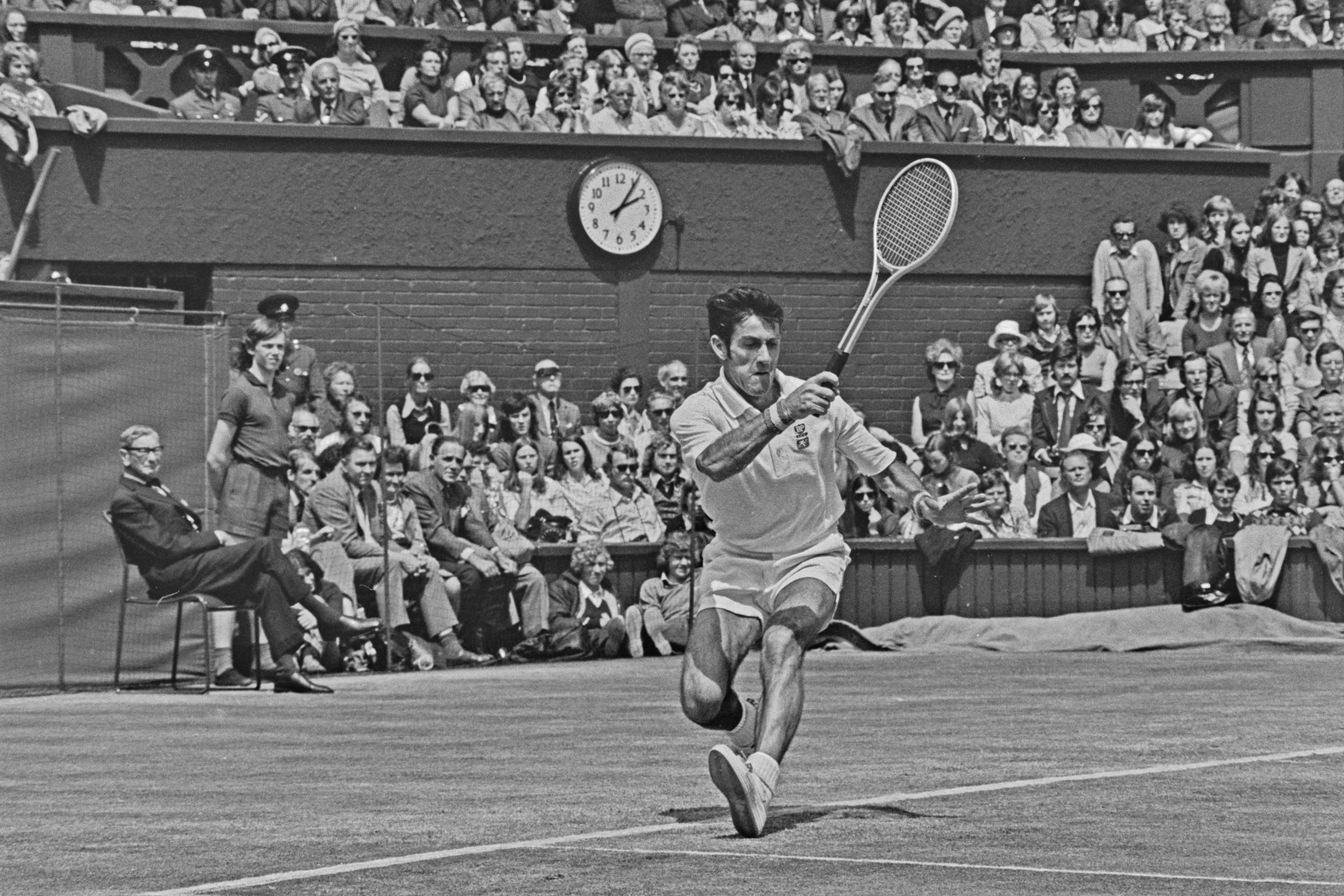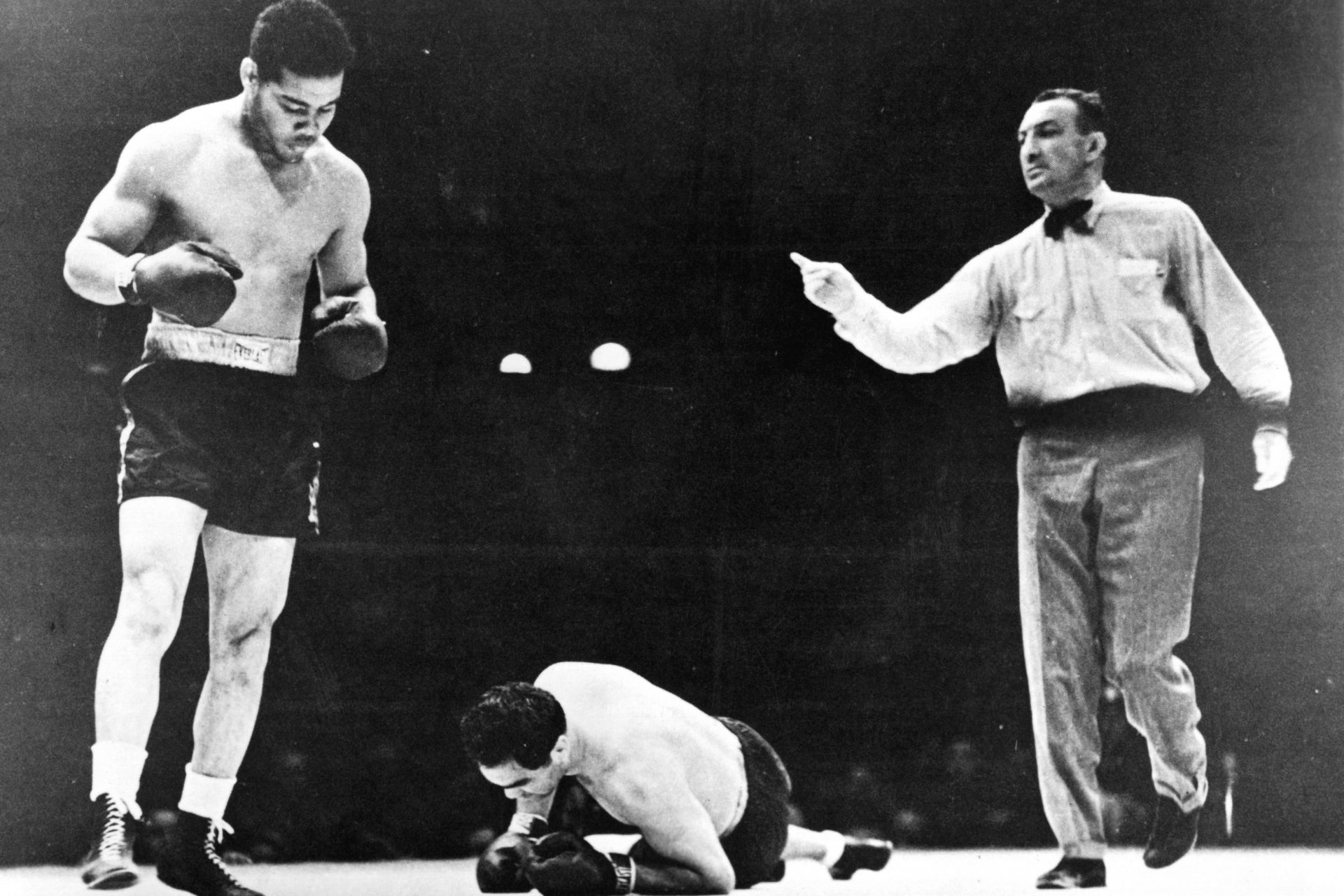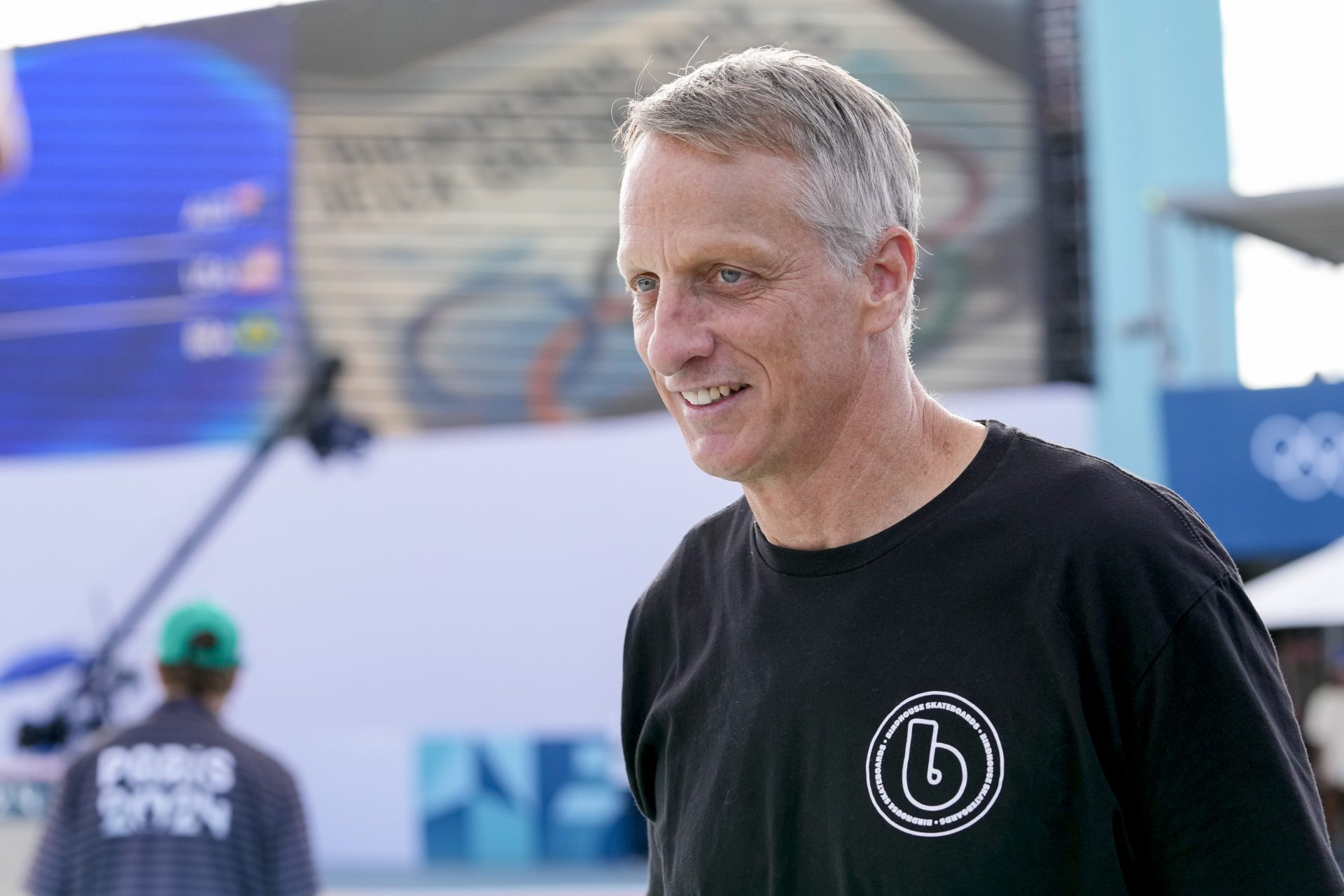Adored in Germany, mocked in France – The complex story of the 'Kaiser' Franck Ribéry
There are names and faces that leave a lasting impression, and Franck Ribéry ticks both boxes. The French footballer is a unique personality in football, yet a divisive one.
Adored in Germany, where he spent most of his career, Ribéry is nevertheless the subject of ridicule in France. Mocked in his native country for his vocabulary and physique, 'Kaiser Franck' is not everyone's favourite.
Yet behind the scars lies a very endearing man. A loving, caring team-mate who has taken many players under his wing. Here's a look back at the crazy career of Franck Ribéry, a footballer in a class of his own.
Ribéry was born on 7 April 1983 in Boulogne-sur-Mer in northern France. Unfortunately, his childhood was marked by a tragic car accident which, at the age of two, left permanent scars on his face.
The young Ribéry was the victim of mockery, but to liberate himself, he turned to his passion: football. At the age of six, he joined FC Conti in Boulogne-sur-Mer, before joining the youth academy of LOSC Lille at the age of 12.
After four years at Lille, Ribéry was finally thrown out of the club due to behavioural problems and poor school results. He joined US Boulogne in 1999 at the age of 16.
In 2001, at the age of 18, he made his CFA (fourth division) debut with Boulogne. The following year, he was one of the best players in the National (third division) and was recruited by Alès.
The club went bankrupt at the end of the year and Ribéry, aged 20, joined Stade Brestois, who, thanks to his good performances, returned to Ligue 2 in 2004. The player's good season was closely watched by Ligue 1 club FC Metz, who decided to recruit him in 2004.
That year, the attacking midfielder made his Ligue 1 debut. The revelation of the season, he was voted player of the month in August 2004, and Europe began to show an interest in the youngster. After just six months, he was transferred to Galatasaray in Turkey.
The Frenchman was to become a firm favourite with the public of his new club. Nicknamed 'Scarface' because of his scars, he had a good spell in Turkey, but returned to France in June 2005 with Olympique Marseille.
After playing for five different clubs in five years, Ribéry finally found a long-term project in Marseille. His first season with the Phocéens was exceptional. Best young player of the year, three times player of the month and scorer of the best goal of the season, Ribéry had become the new star of Ligue 1.
Fans fell in love with the 23-year-old, who wreaked havoc on every defence in the league. His performances did not go unnoticed, and the player was called up for the 2006 World Cup with France.
The player quickly proved his worth and, on 27 June 2006, sent France into raptures by equalising against Spain in the quarter-finals, with Thierry Gilardi's legendary commentary: "Go for it, son!" It was Ribéry's first goal for the French national team.
At the time, Ribéry was a star in the French team and, after the defeat in the World Cup final, he received the full backing of Zinédine Zidane, who said: "Franck exudes joie de vivre. He doesn't think twice, even when it comes to his relationship with the older players. He's very strong. He's someone who will leave his mark every time he's on the pitch. He will become an important figure in football."
After two injury-plagued seasons in Marseille, Ribéry headed for Germany and Bayern Munich in 2007. The transfer was valued at €30 million, a record in Germany.
The striker's start at Munich was incredible. Electrifying and decisive, he scored 19 goals in his first season and was nicknamed 'Kaiser Franck' ('Emperor Franck') in reference to club legend Franz Beckenbauer. He won the German league and cup that season.
From 2008 to 2011, Ribéry established himself in the Bavarian squad and became one of the club's key players, despite a number of injuries. In 2010, he helped Bayern reach the Champions League final, but missed out on the final against Inter Milan (2-0 defeat) because of a red card in the semi-final against Lyon.
However, 2010 was a fiasco for Ribéry in the French team, humiliated at the World Cup after the Knysa scandal, in which the French players went on 'strike'. The winger was one of the leaders who encouraged the strike after the Anelka affair.
To make matters worse, in 2010 the Zahia affair came to light, involving four French national team players, including Karim Benzema and Ribéry. The latter had allegedly had relations with a minor called Zahia. Ribéry said he did not know she was underage at the time.
All these events damaged the player's image in France, and he was booed when he returned in the blue jersey in 2011. This did not dampen his performances with Bayern, however, where he scored 17 goals, but finished second in the Bundesliga behind Dortmund.
The next two years were to be magnificent for Ribéry. The unstoppable winger took the Bundesliga by storm, winning two titles in a row. In 2013, he won the Champions League with Bayern and was voted the 2012/13 UEFA Best Player in Europe.
Having won a quadruple with Bayern, 'Kaiser Franck' was the favourite for the Ballon d'Or, but finished third behind Cristiano Ronaldo and Lionel Messi. A blow for the Frenchman, who was widely tipped to win.
Unfortunately, he was injured during the 2014 World Cup and was unable to take part. After that, he announced his international retirement, saying that he had not been "supported" enough by the French public.
In 2019, after 12 years at the club, he announced his departure from Bayern Munich in tears, having won the championship one last time. Ribéry left behind a strong image in Bavaria, that of an exceptional player and a happy man, always ready to help his team-mates.
Austrian defender David Alaba has said on several occasions that Ribéry is like "a father" to him, and that he has always been by his side throughout his time at Bayern.
Ribéry played his last games in Italy, first with Fiorentina until 2021, and then with Salernitana, where he retired in 2022. It was the end of the career of a complex player, adored everywhere he played, but mocked in France.
More for you
Top Stories



